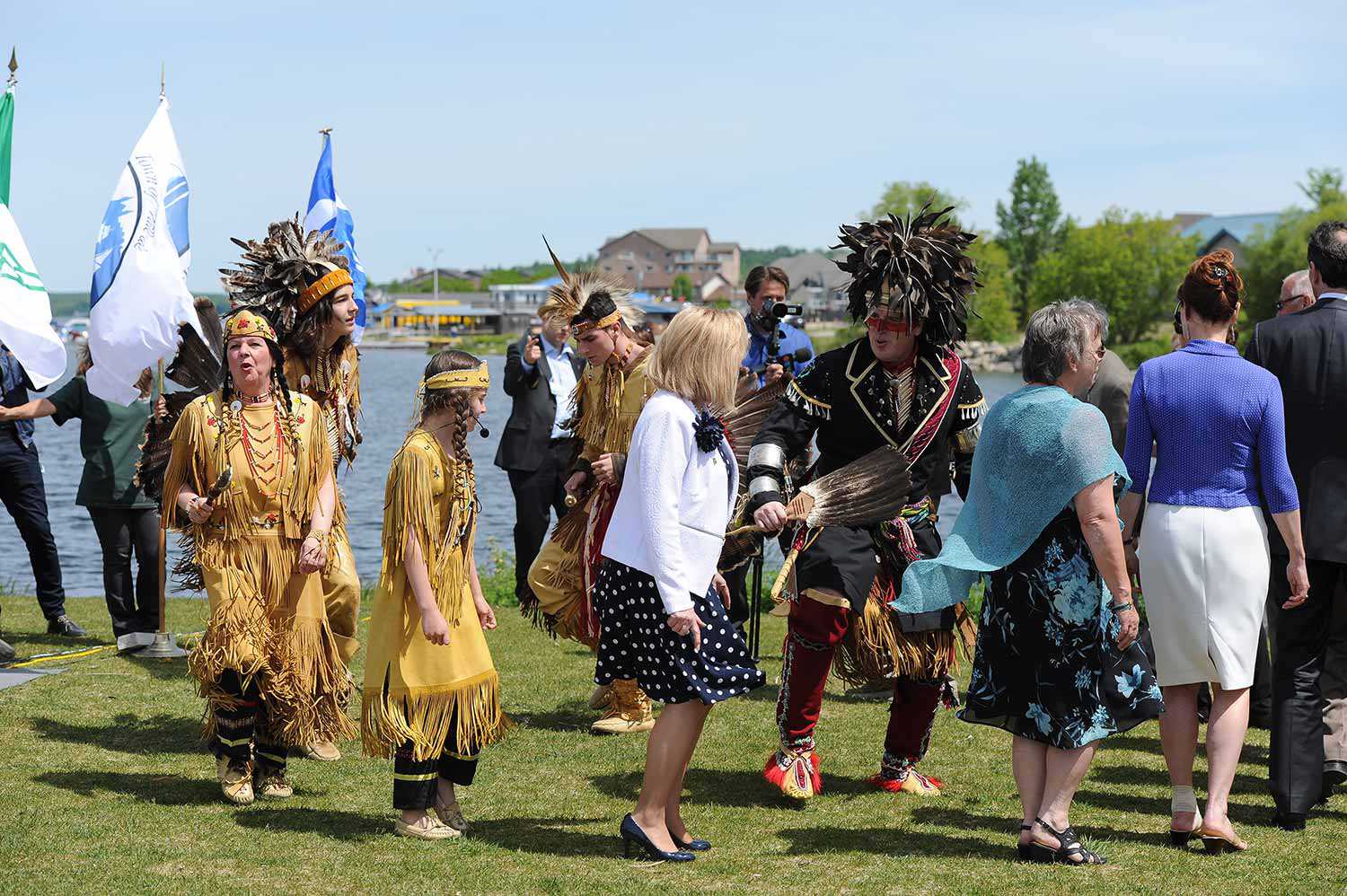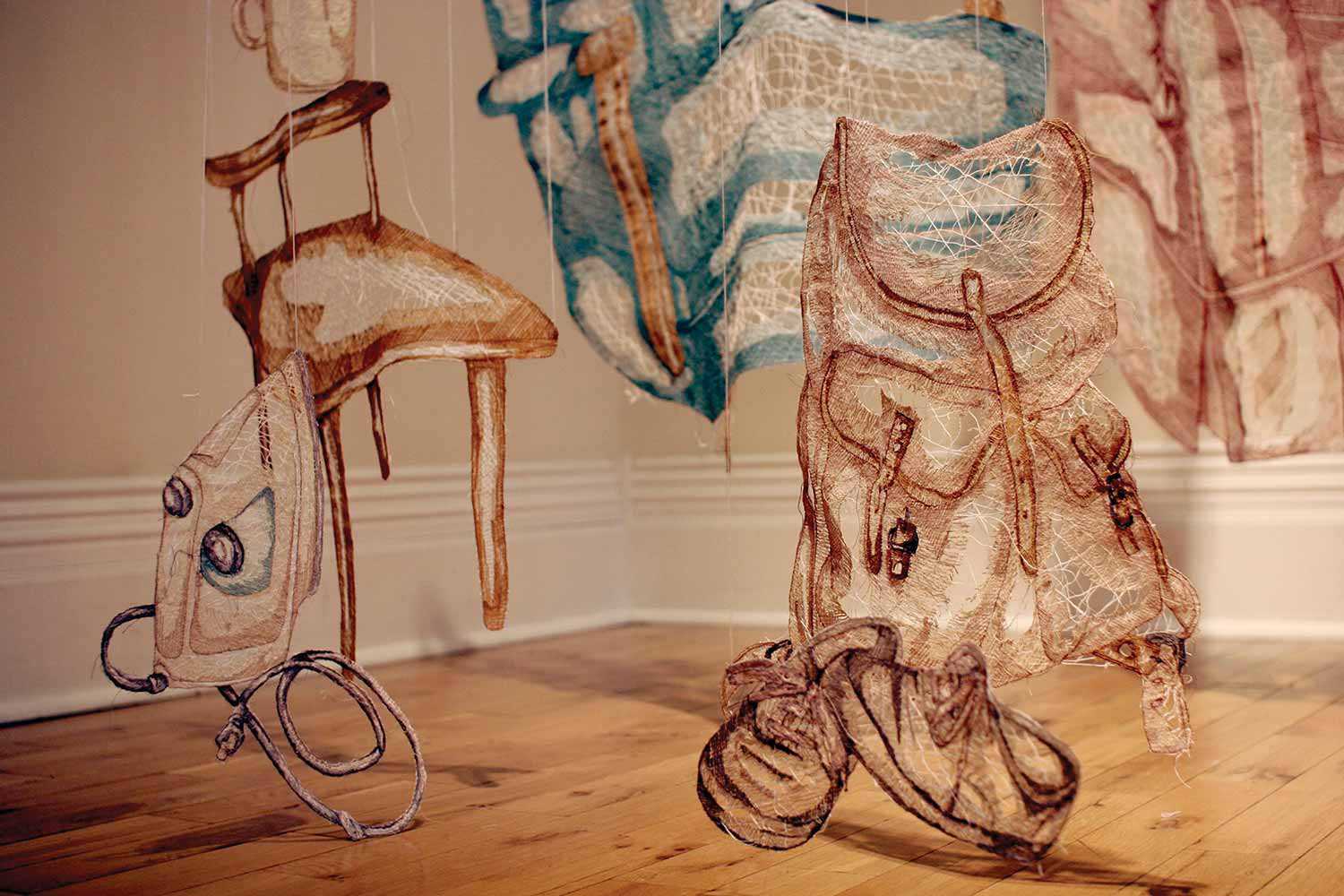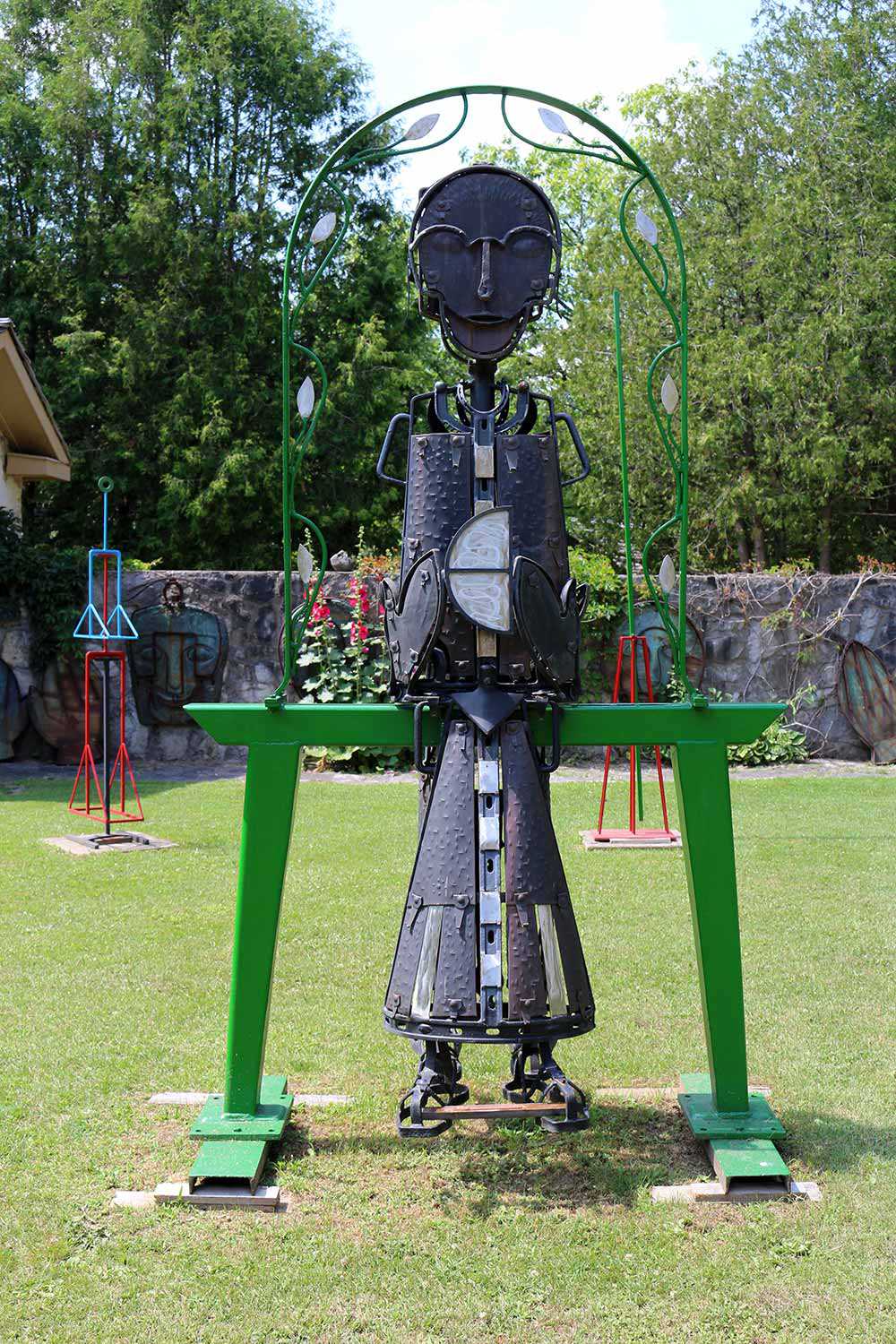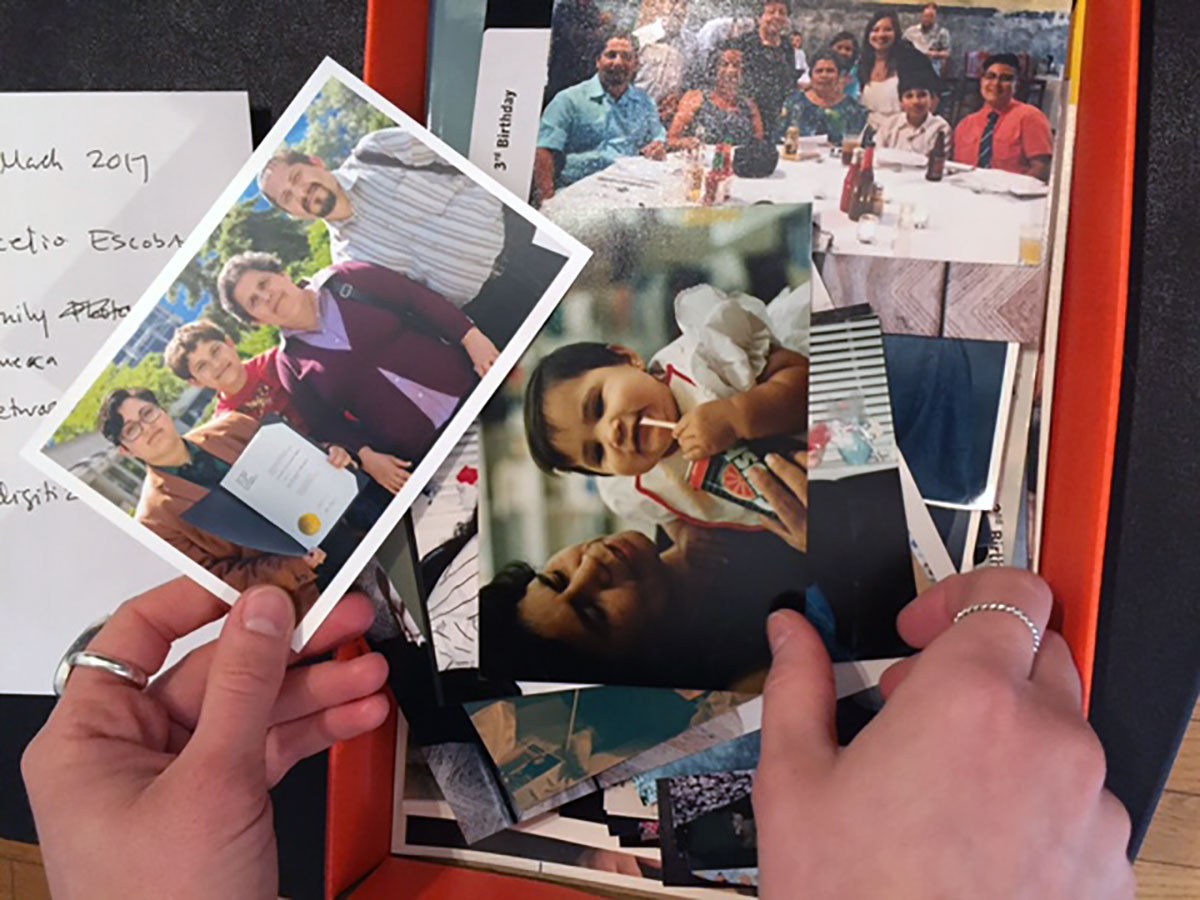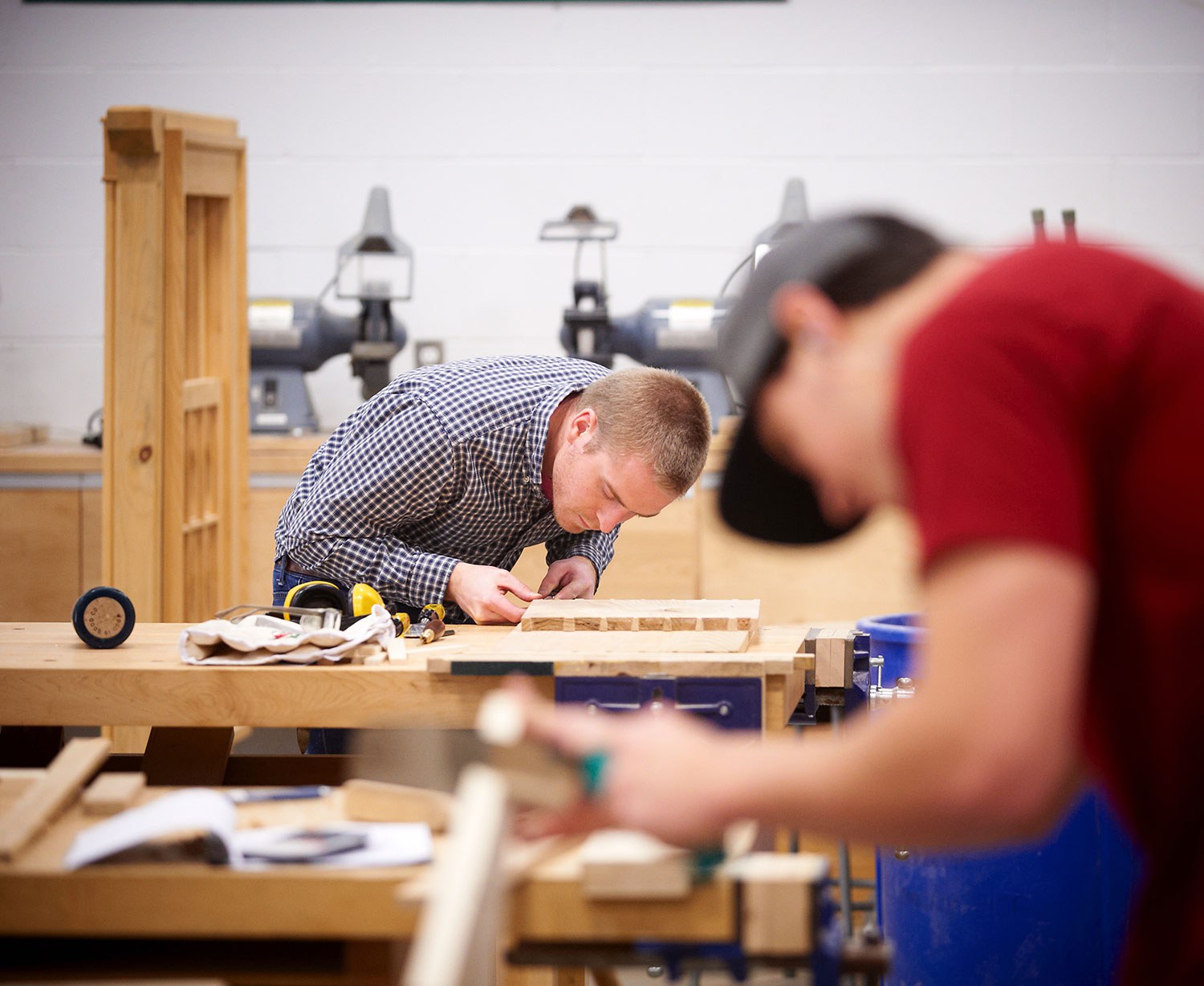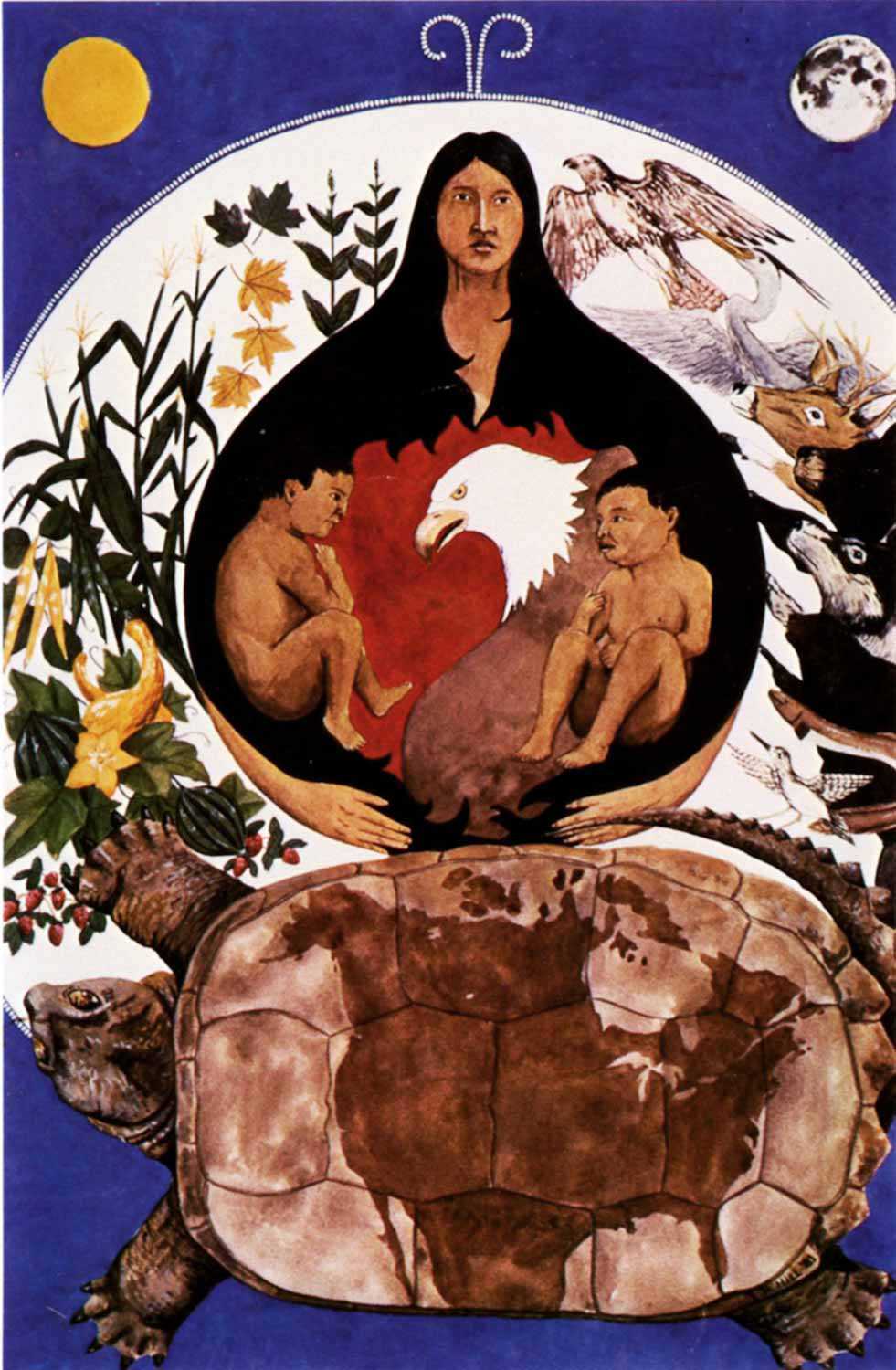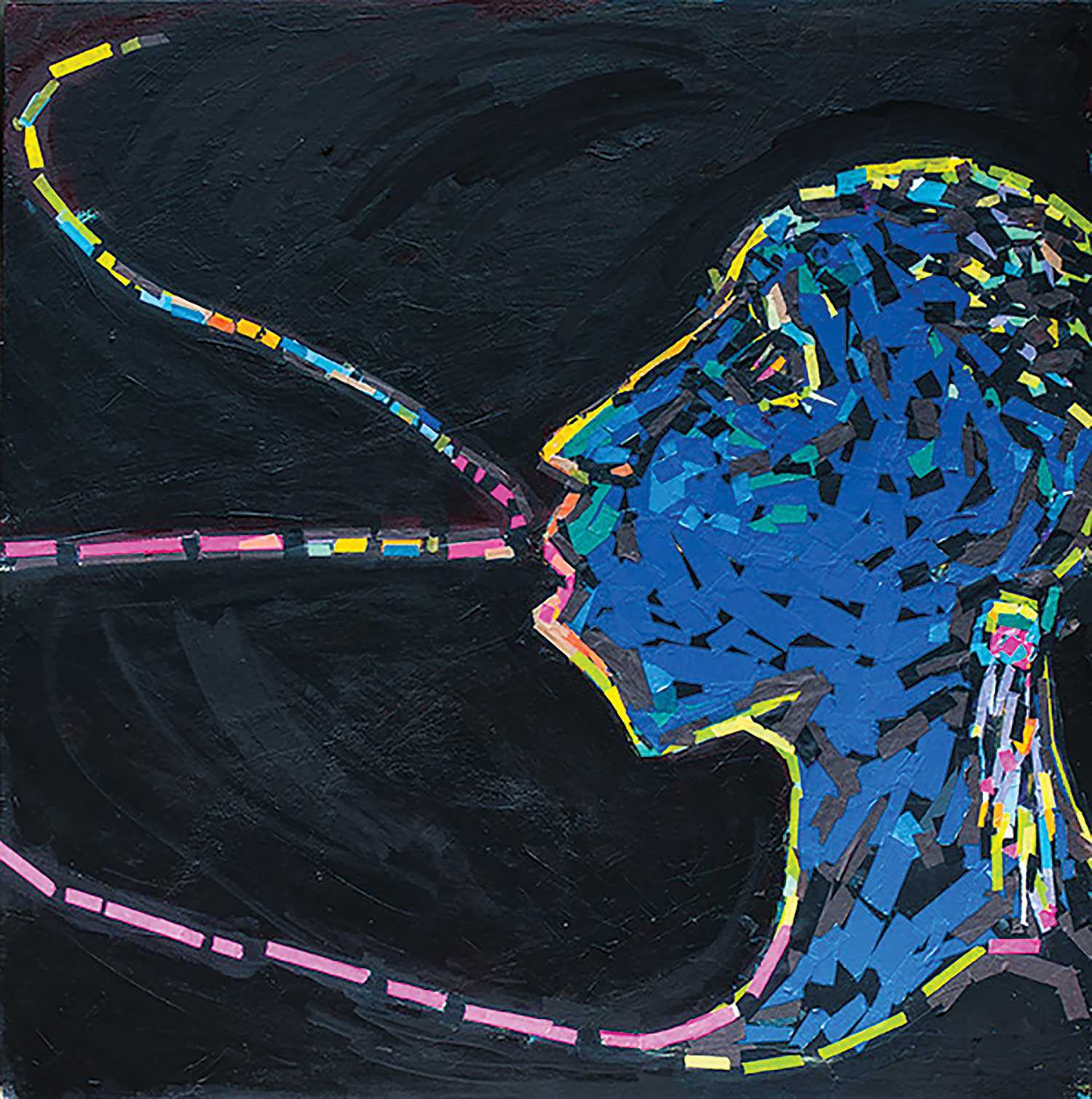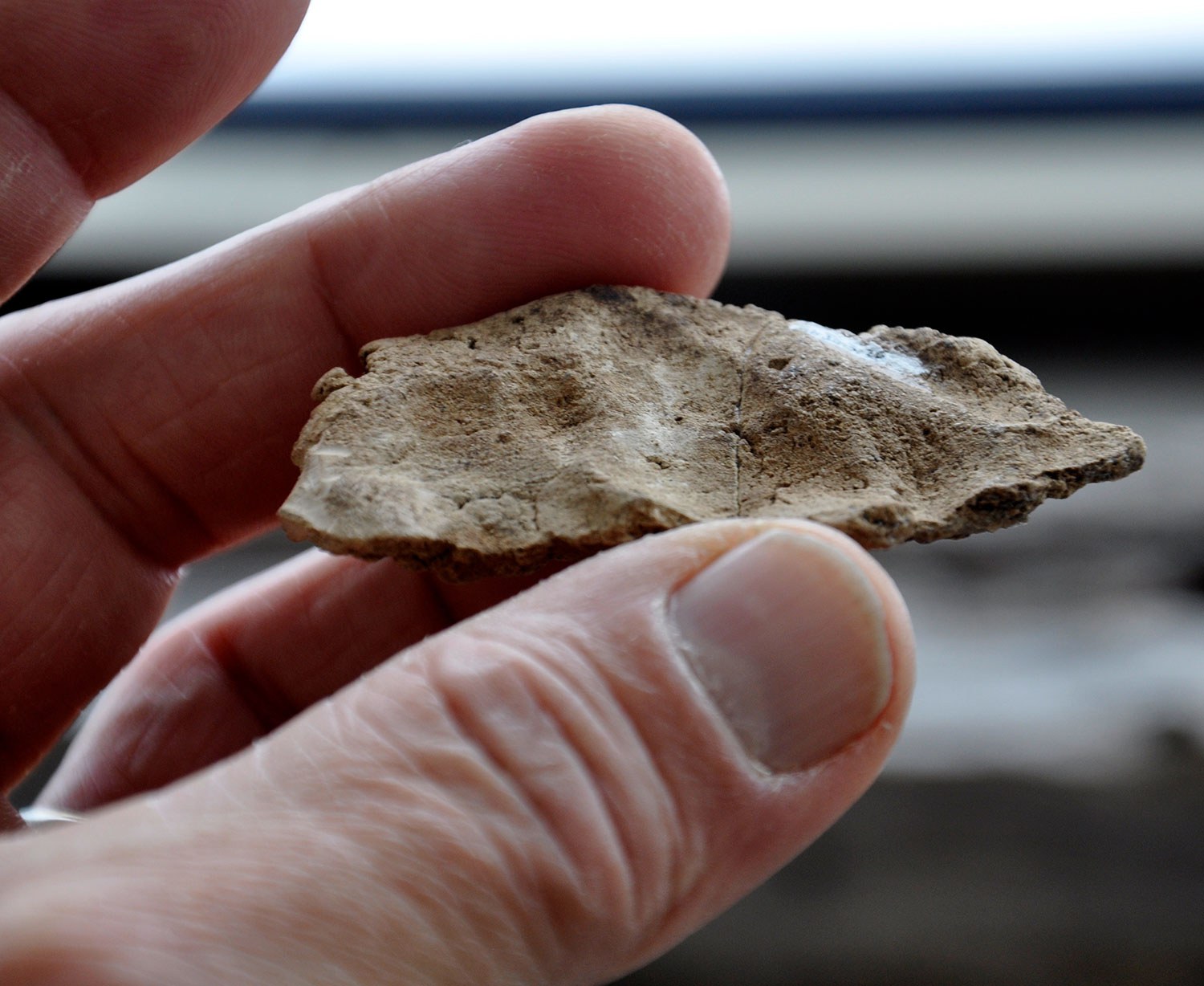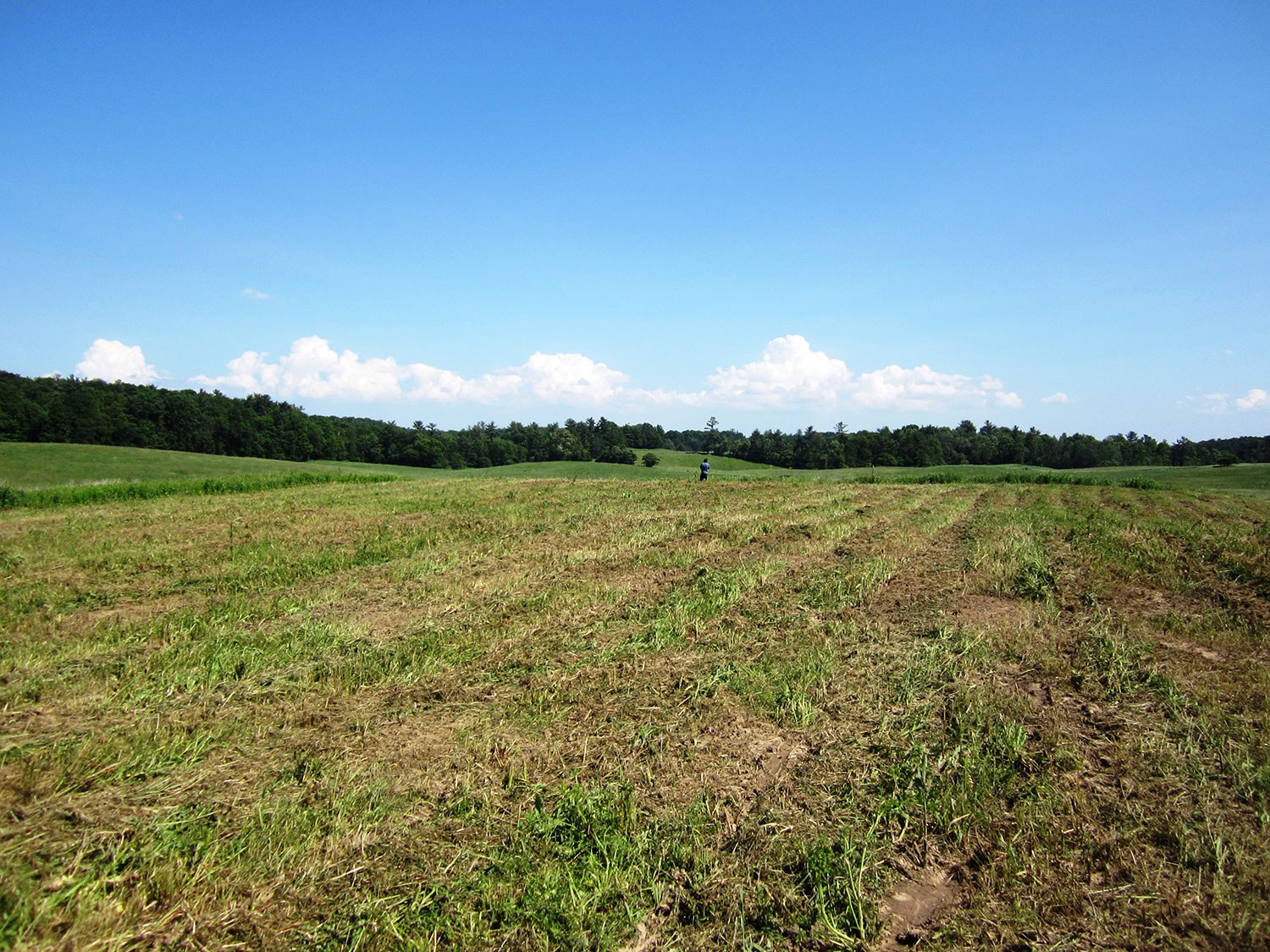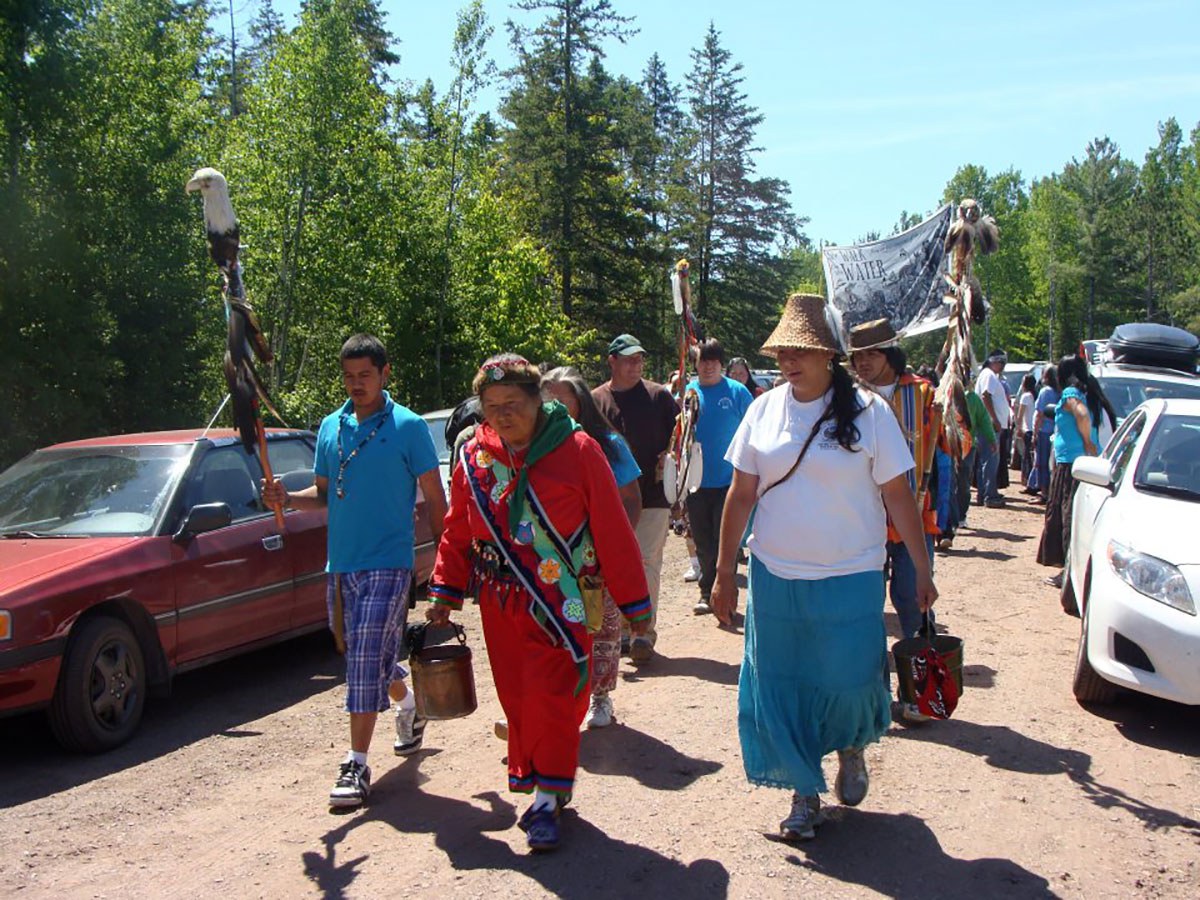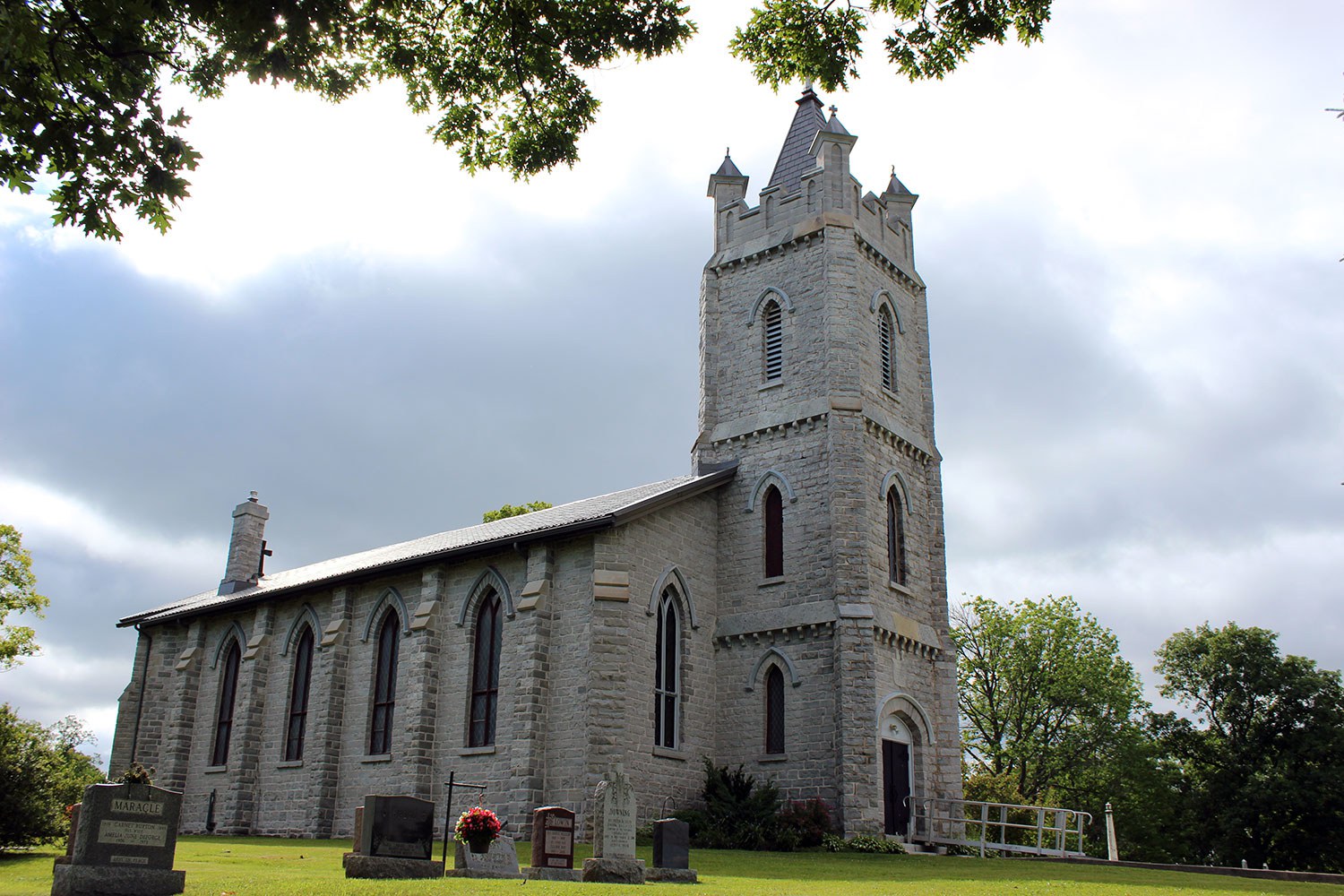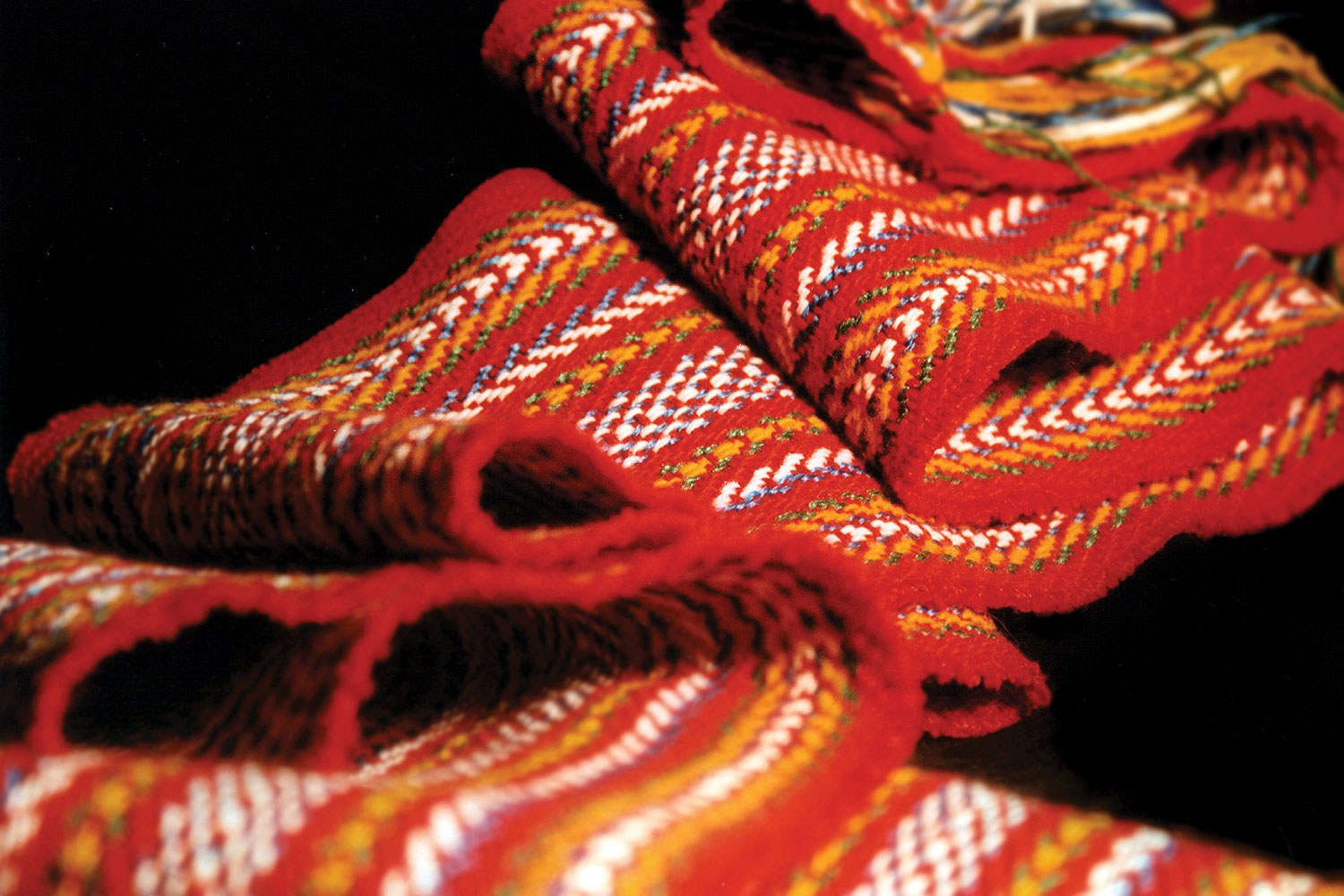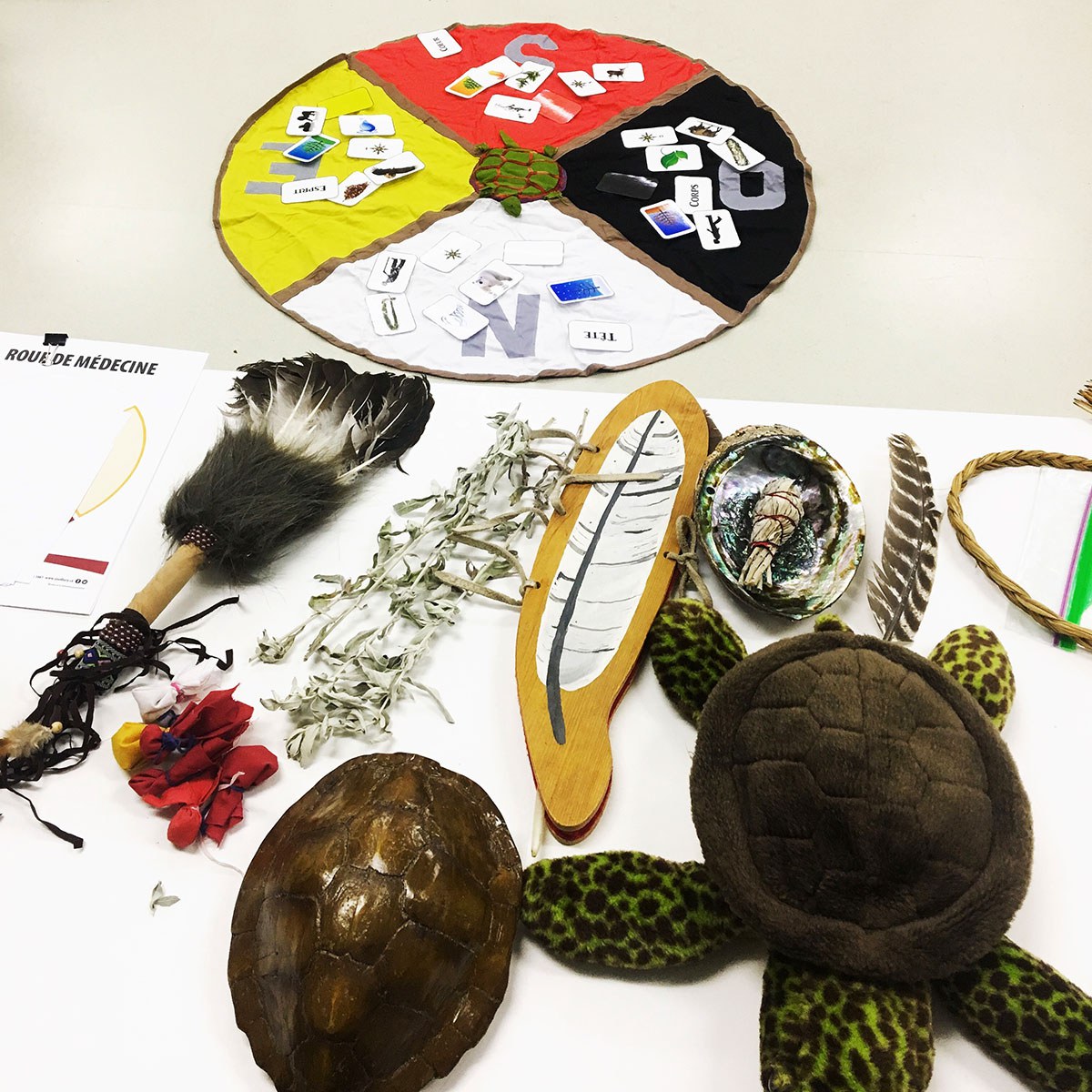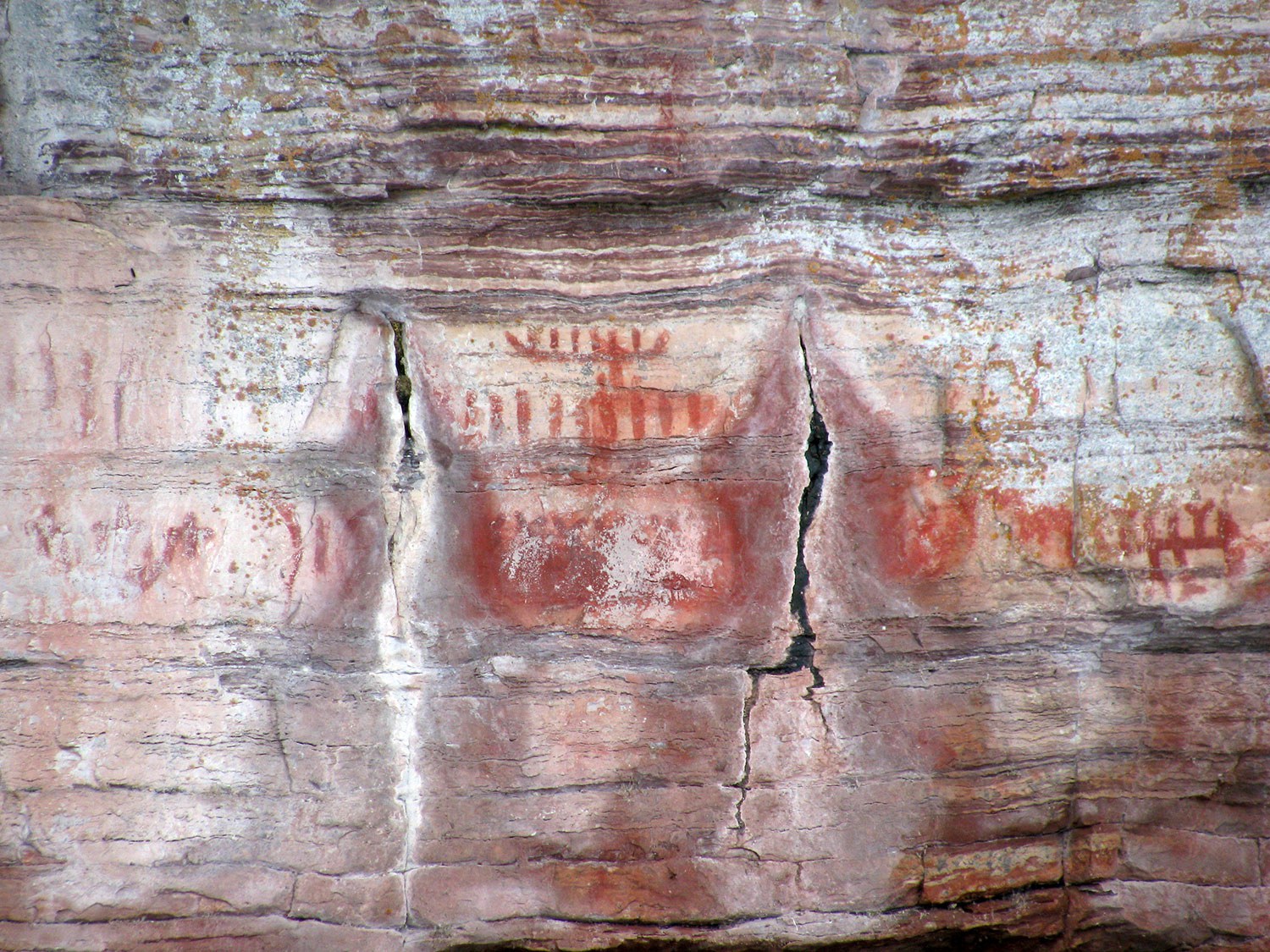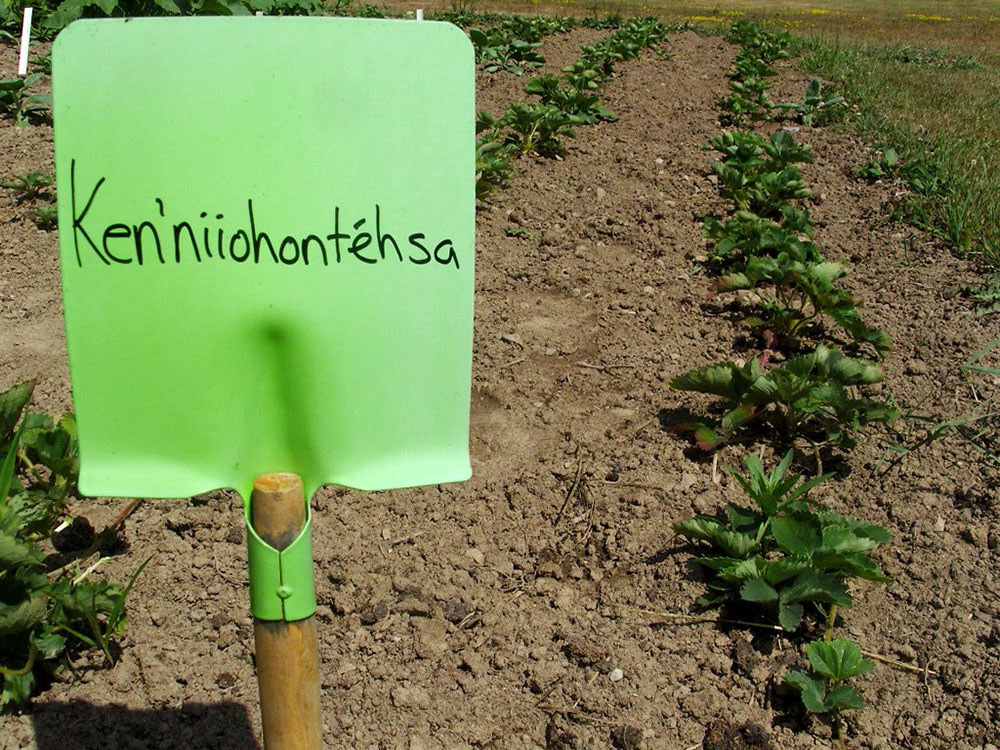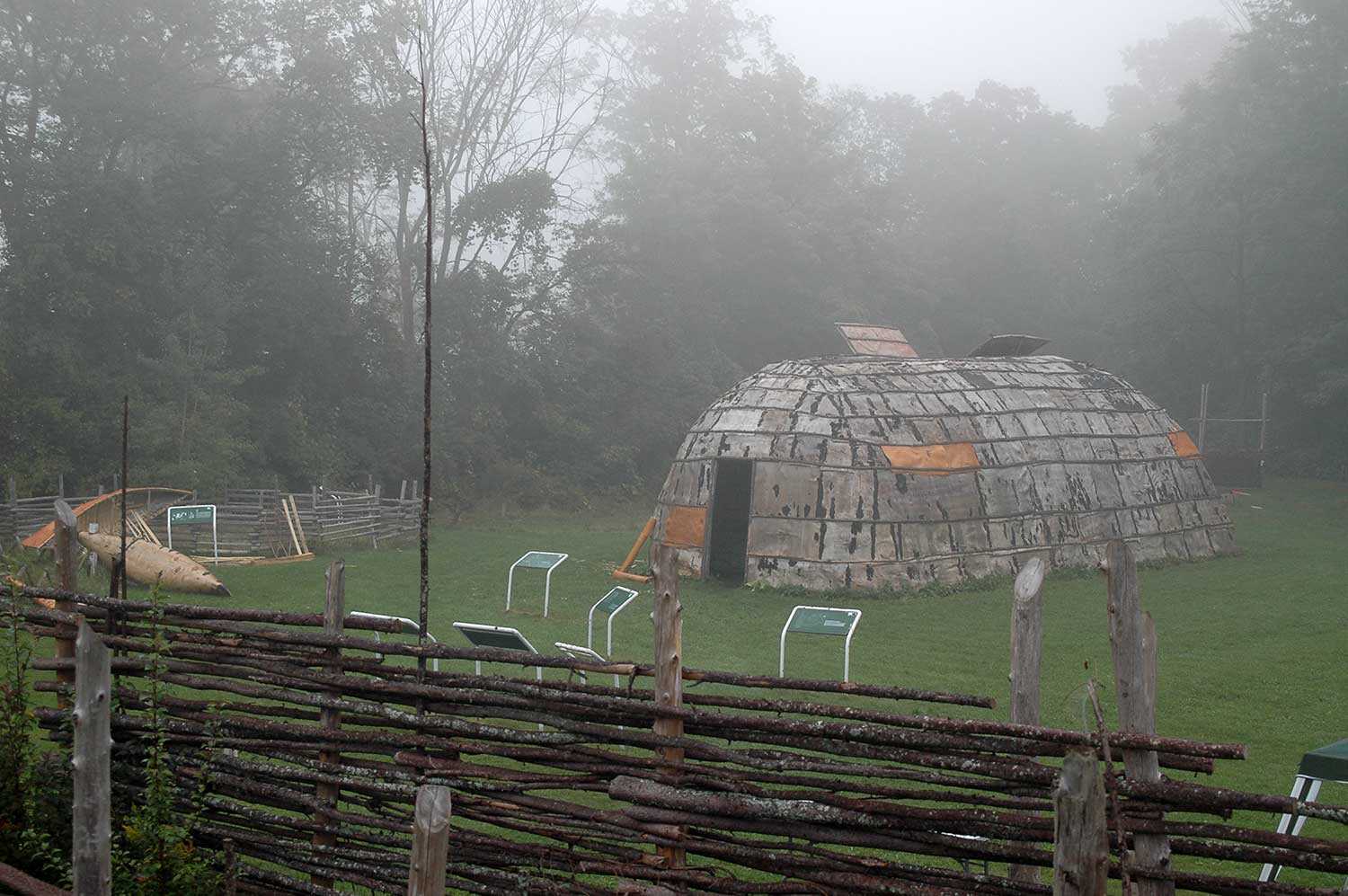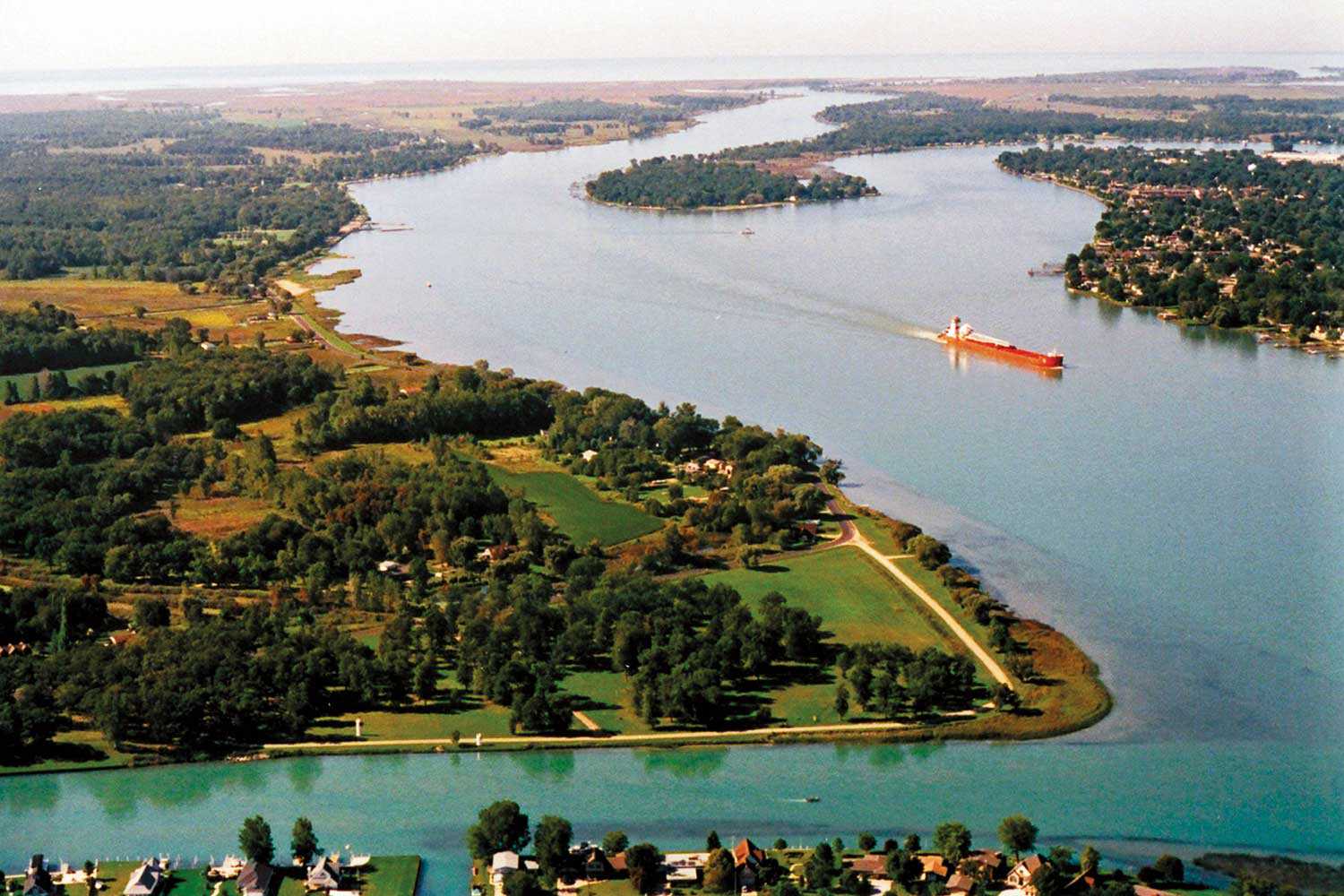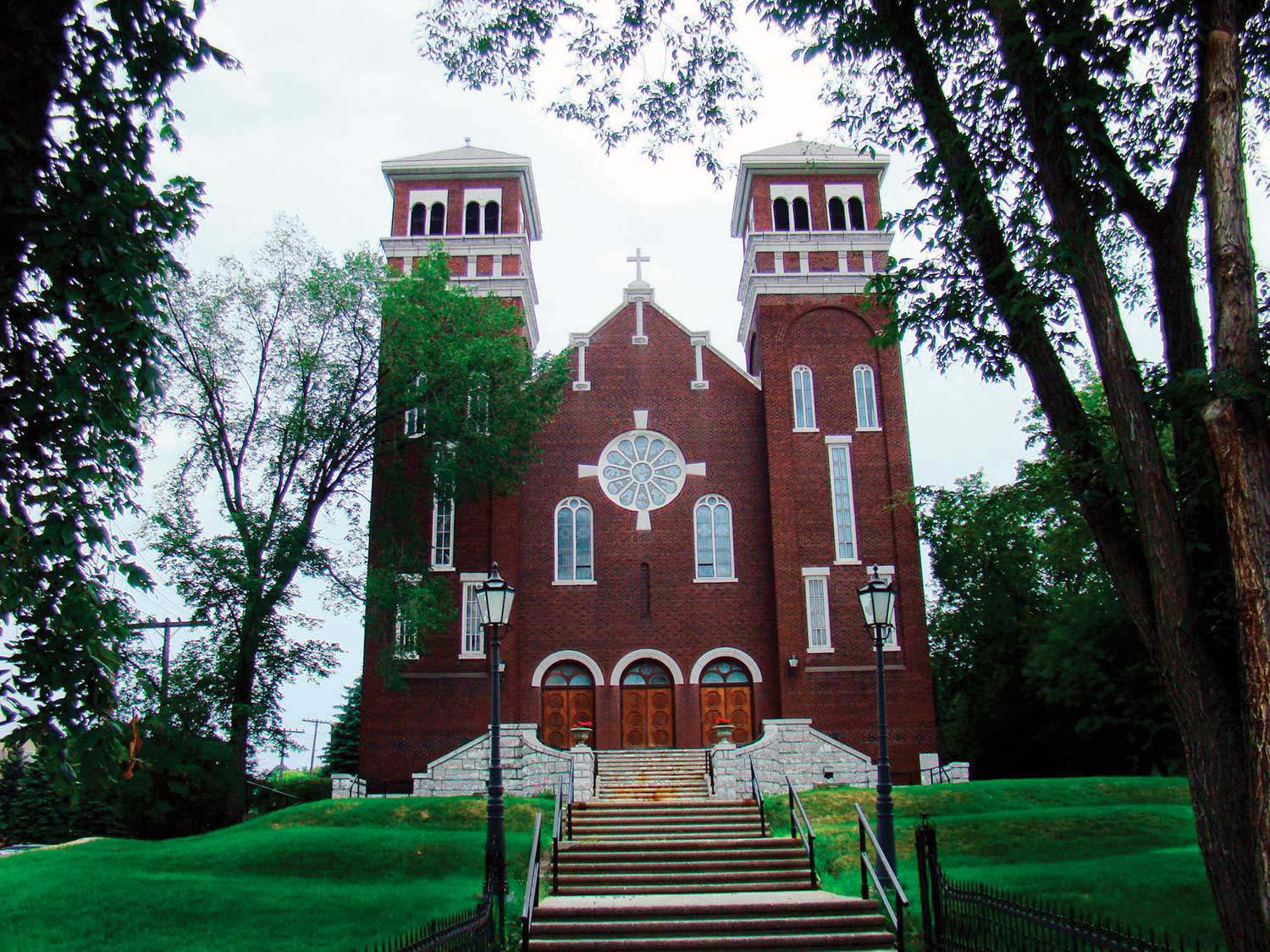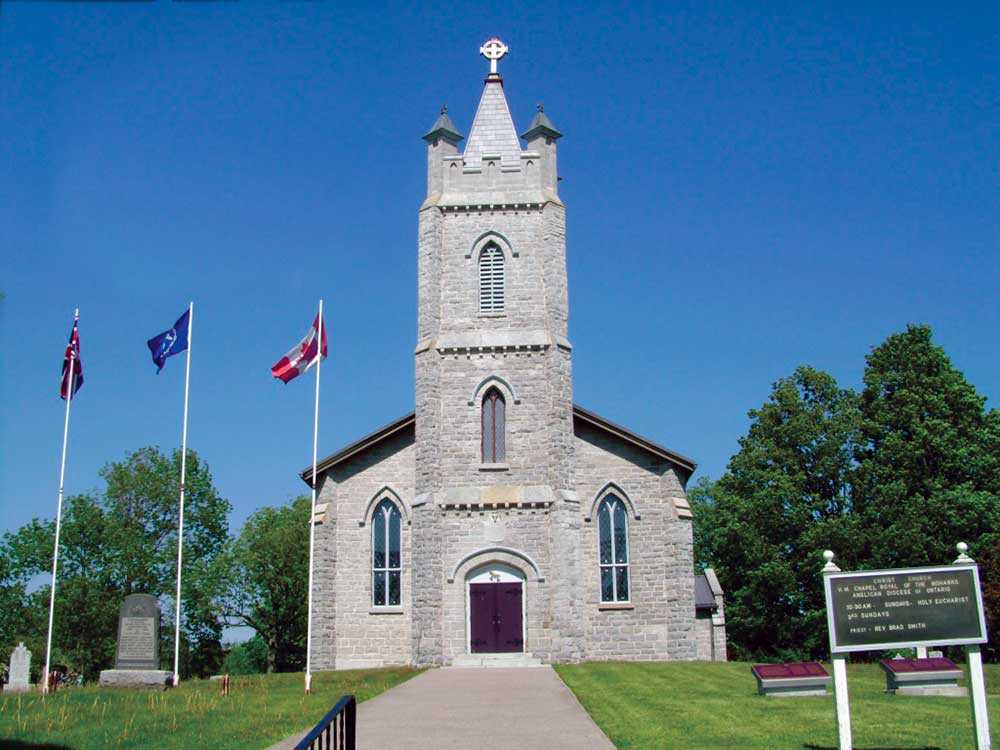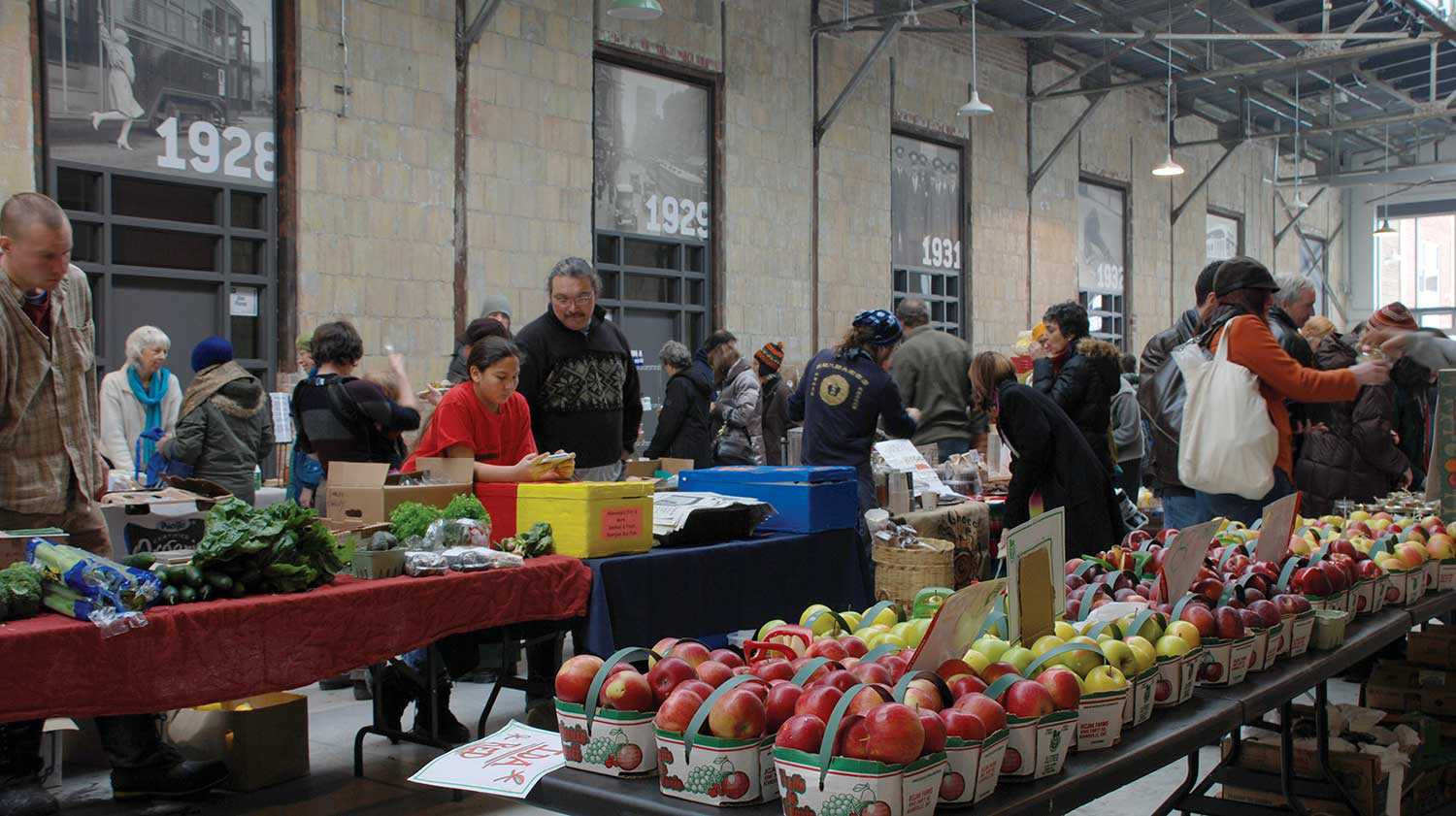

Browse by category
- Adaptive reuse
- Archaeology
- Arts and creativity
- Black heritage
- Buildings and architecture
- Communication
- Community
- Cultural landscapes
- Cultural objects
- Design
- Economics of heritage
- Environment
- Expanding the narrative
- Food
- Francophone heritage
- Indigenous heritage
- Intangible heritage
- Medical heritage
- Military heritage
- MyOntario
- Natural heritage
- Sport heritage
- Tools for conservation
- Women's heritage
Still alive and speaking
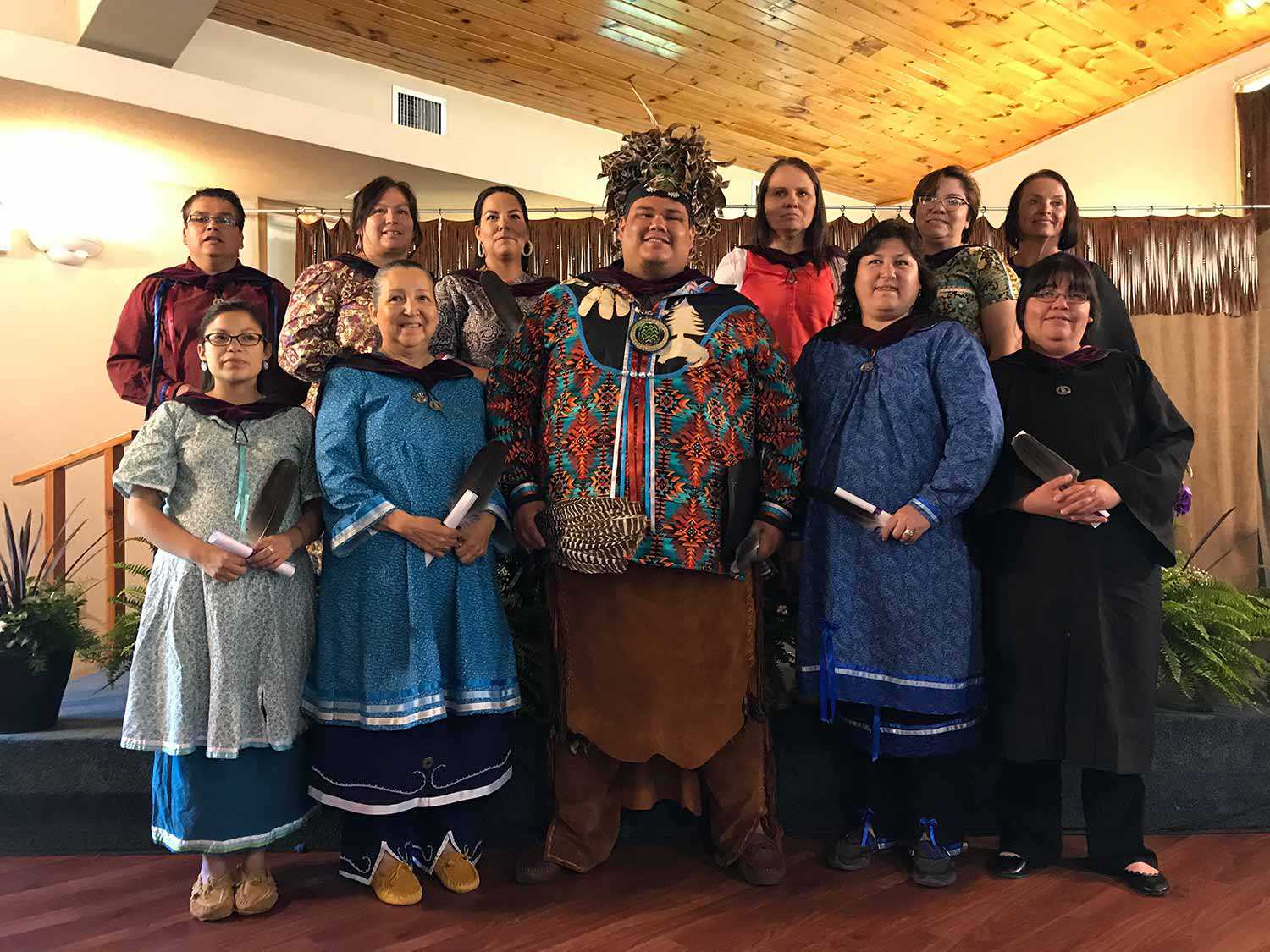

"You can never really fully understand and appreciate it until you understand it from the original language. From this, we get our identity."
Taylor Gibson
When you consider the connection between language and culture, you need to keep in mind that you can never really fully understand a book translated from its original language. It’s the same with culture. You can never really fully understand and appreciate it until you understand it from the original language. From this, we get our identity.
If we want our language to continue, more needs to be done to protect it. I think that increased funding and programs are certainly a good start. In addition, where I work at Six Nations Polytechnic, we now offer BA degrees in Cayuga and Mohawk. There is also language material, resources, books and, most recently, an app. More funding is a challenge. We need more opportunities to learn the language, incorporating it into our daily lives. I am still learning, and what I have learned so far came from my grandparents, the teachers and mentors that I have today. It can be difficult finding people to speak with. One thing I hope to do is make our language more visible around the community through road signs and building names.
There is a phrase in the Cayuga language that has particular cultural significance – Swajá:goh! You all will persevere! It is considered a word of encouragement, but I really feel that our community at Six Nations has really persevered – residential schools, warfare, government policies aimed at Indigenous People – and yet here we are still alive and speaking.
Language revitalization is … achieved through organic and sustainable ways wherein linguists, speakers, teachers and learners collaborate with social, political and economic development organizations in innovative ways. Examples of language sustainability at Six Nations include speaking the language in the home (social), the maintenance of longhouse ceremonies, feasts, funerals, wakes and other community functions (social), and Haudenosaunee Confederacy Council meetings (political) …”
Source: Six Nations Polytechnic, “Pathways to Creating Speakers of Onkwehonwehneha at Six Nations,” 2017 – p. 77

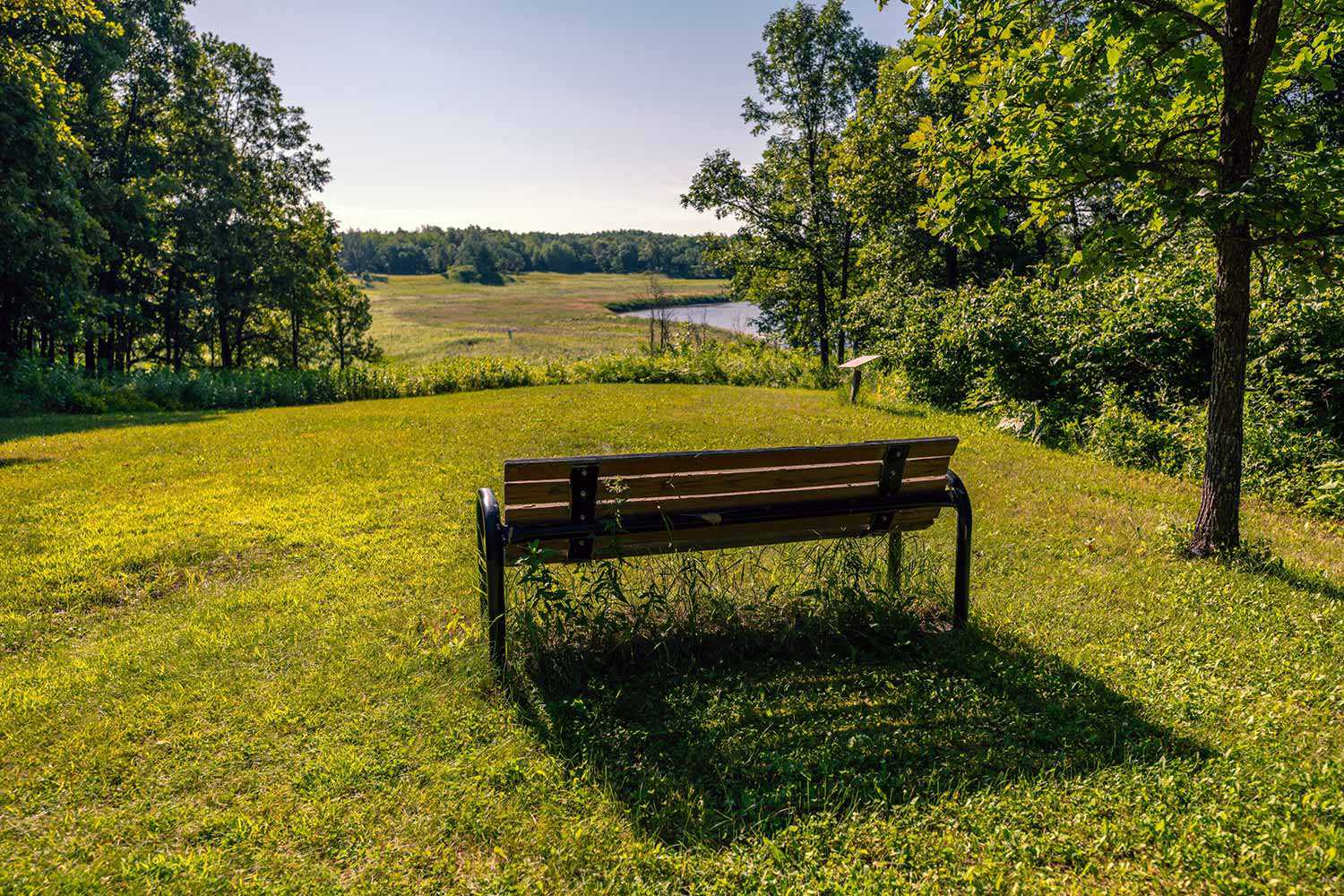
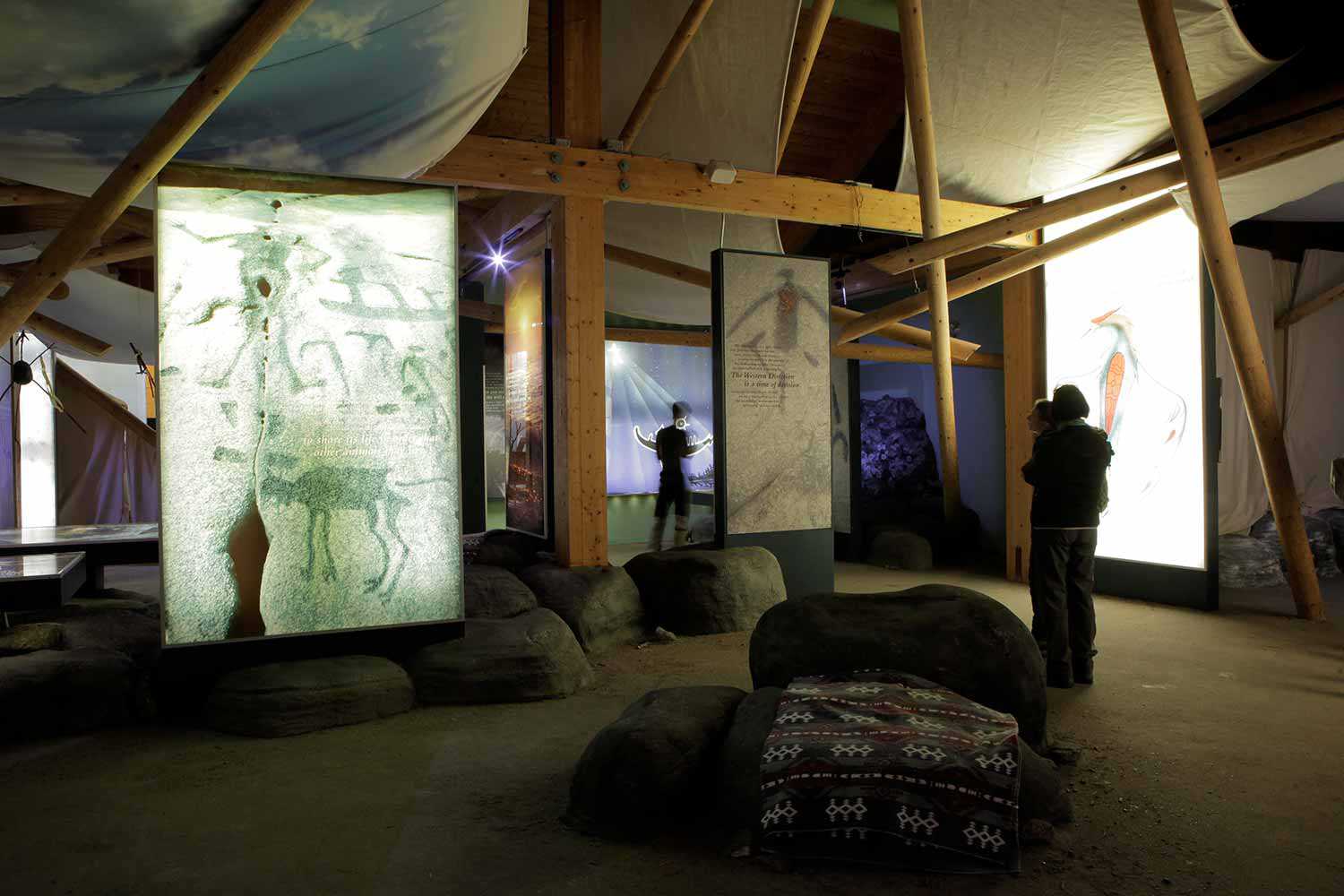
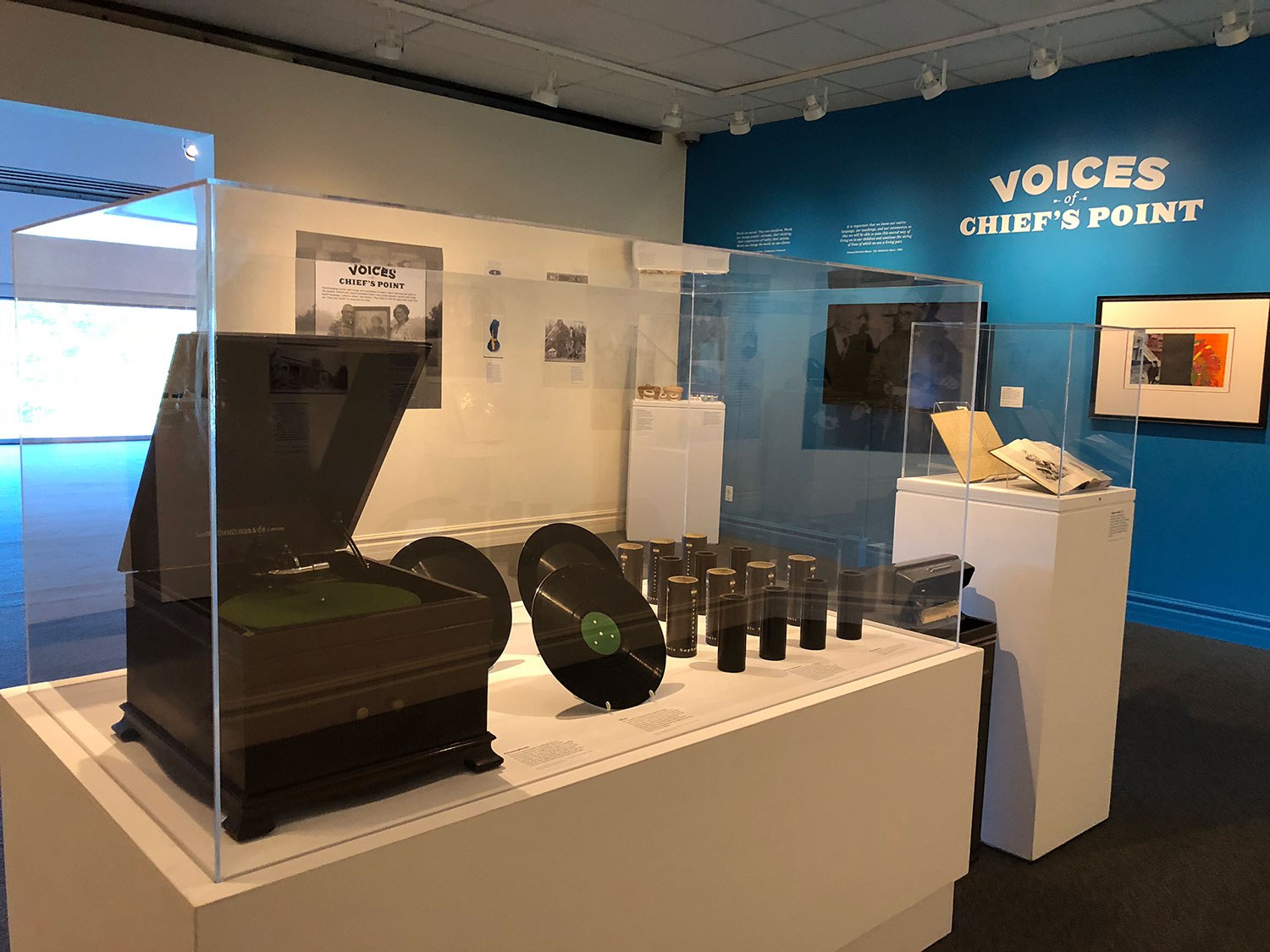
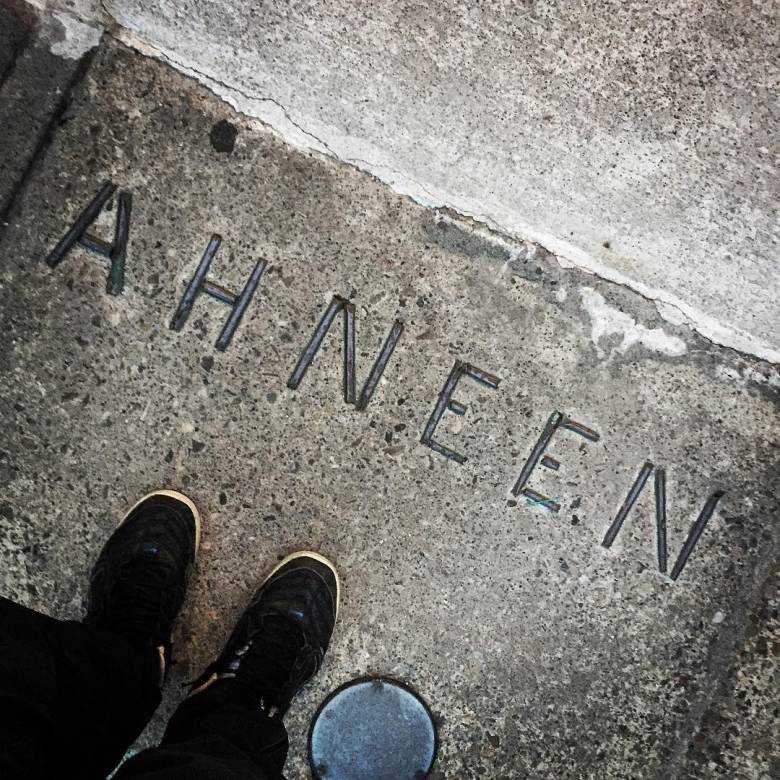

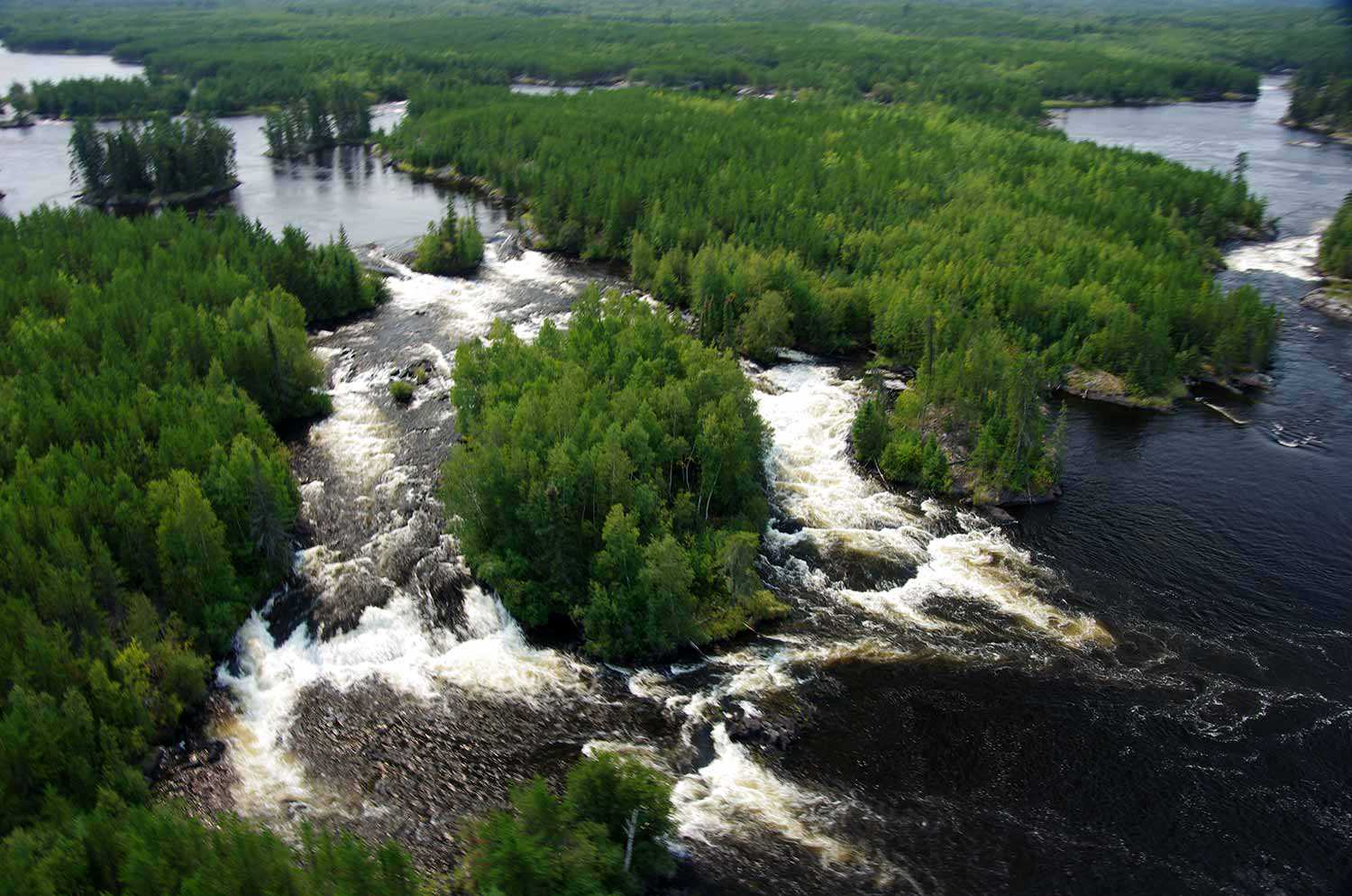

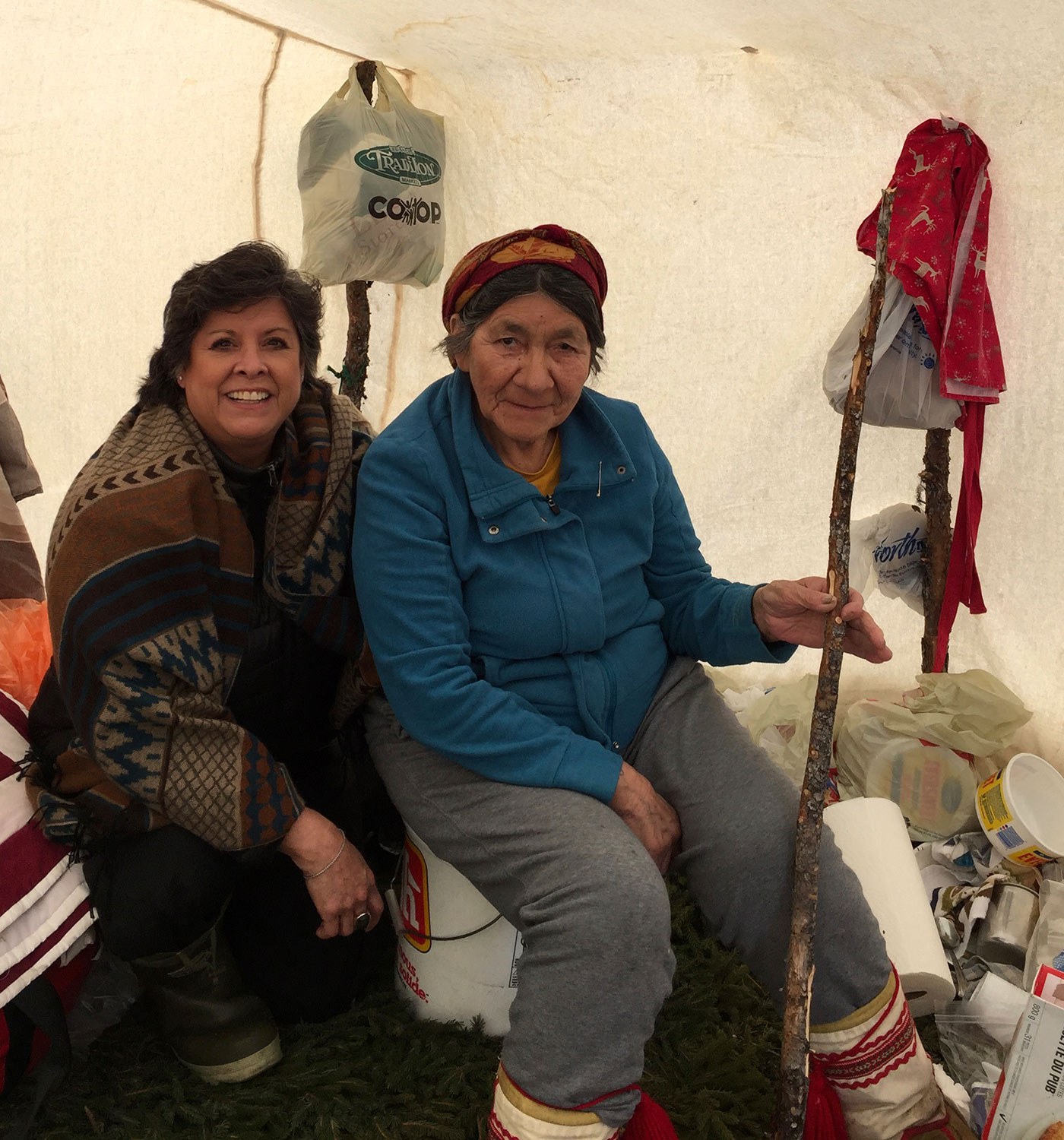
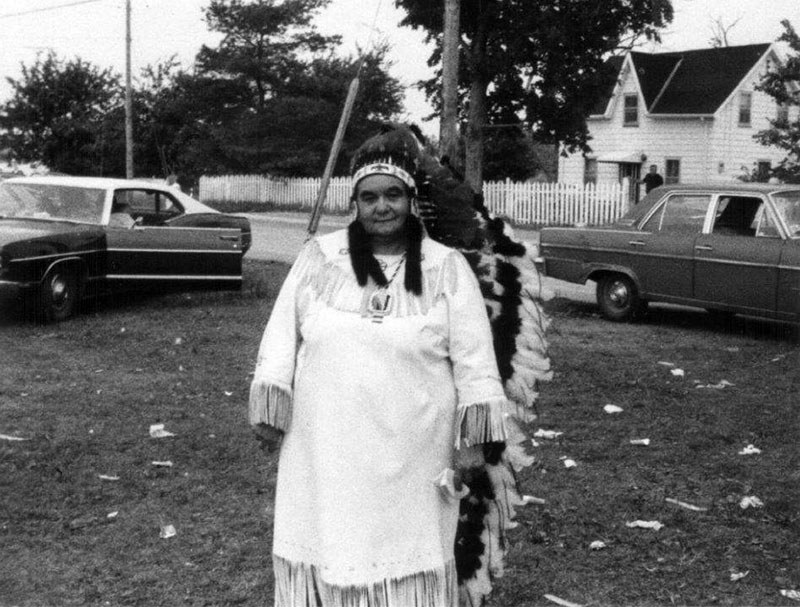

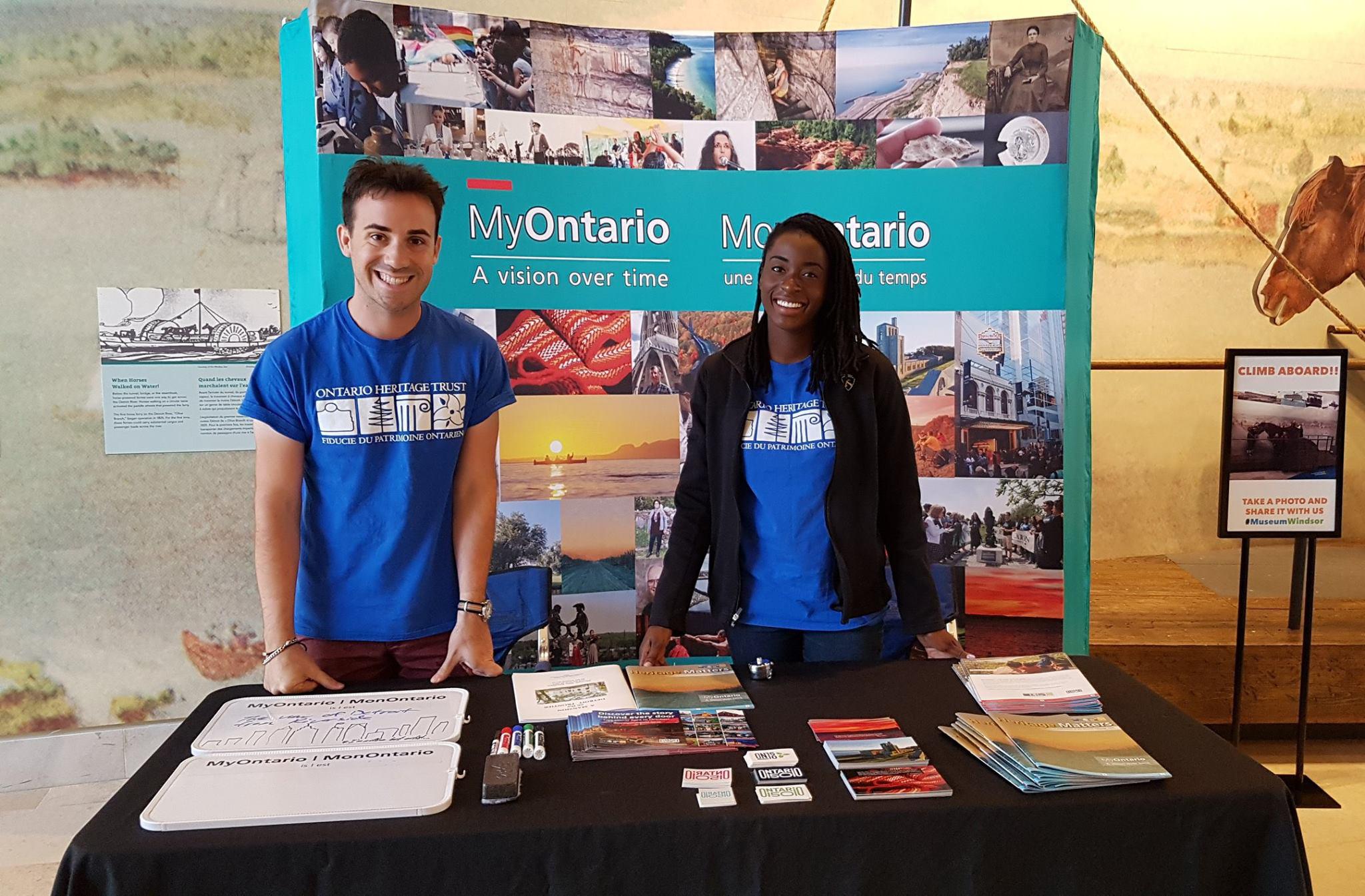
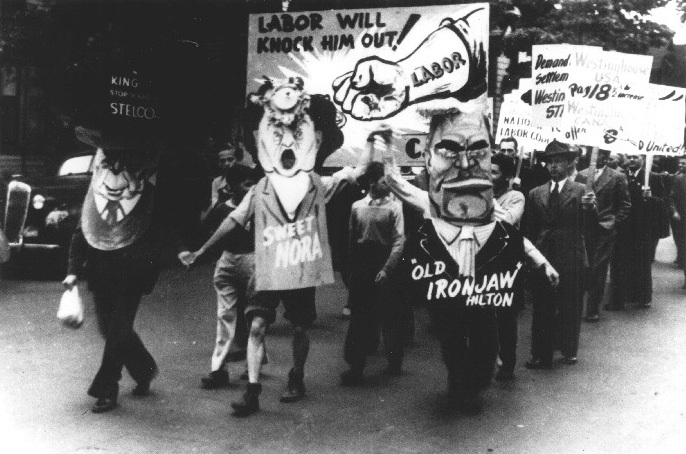

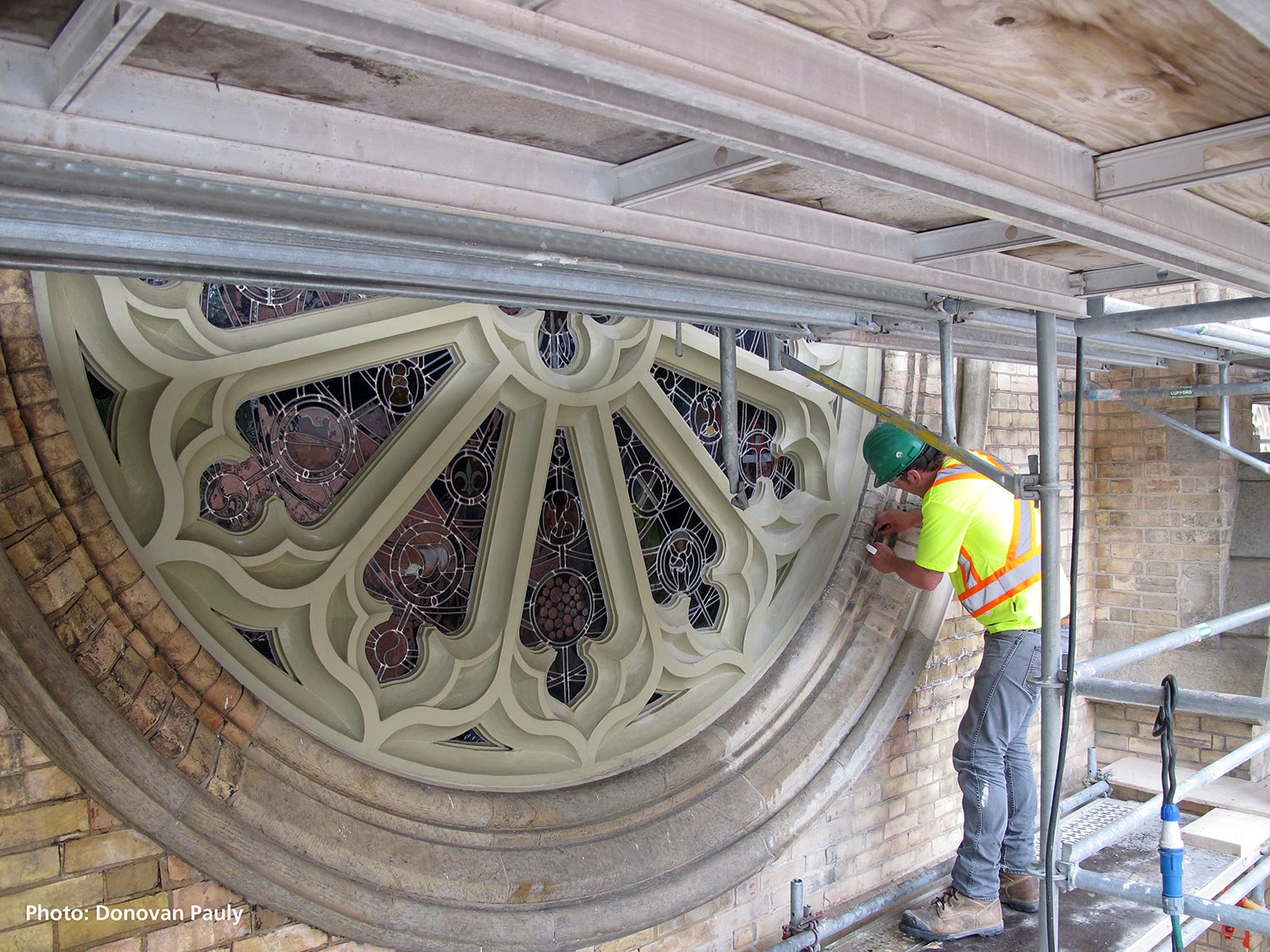
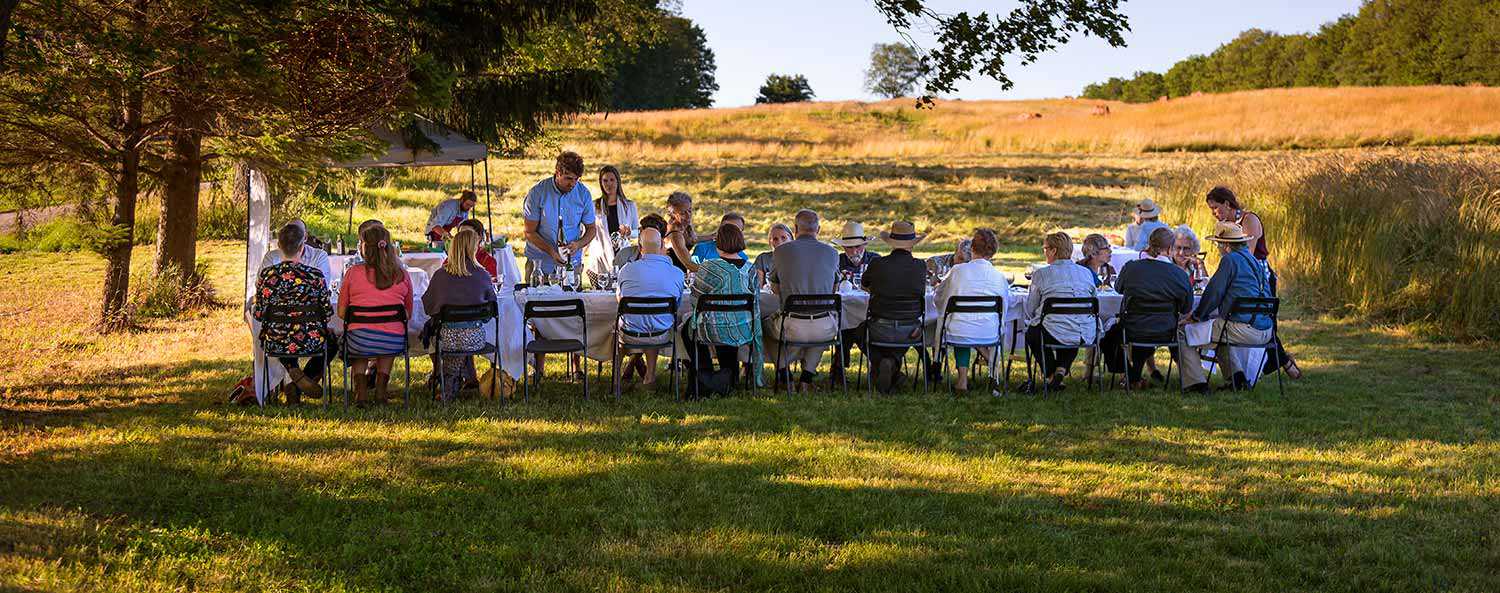
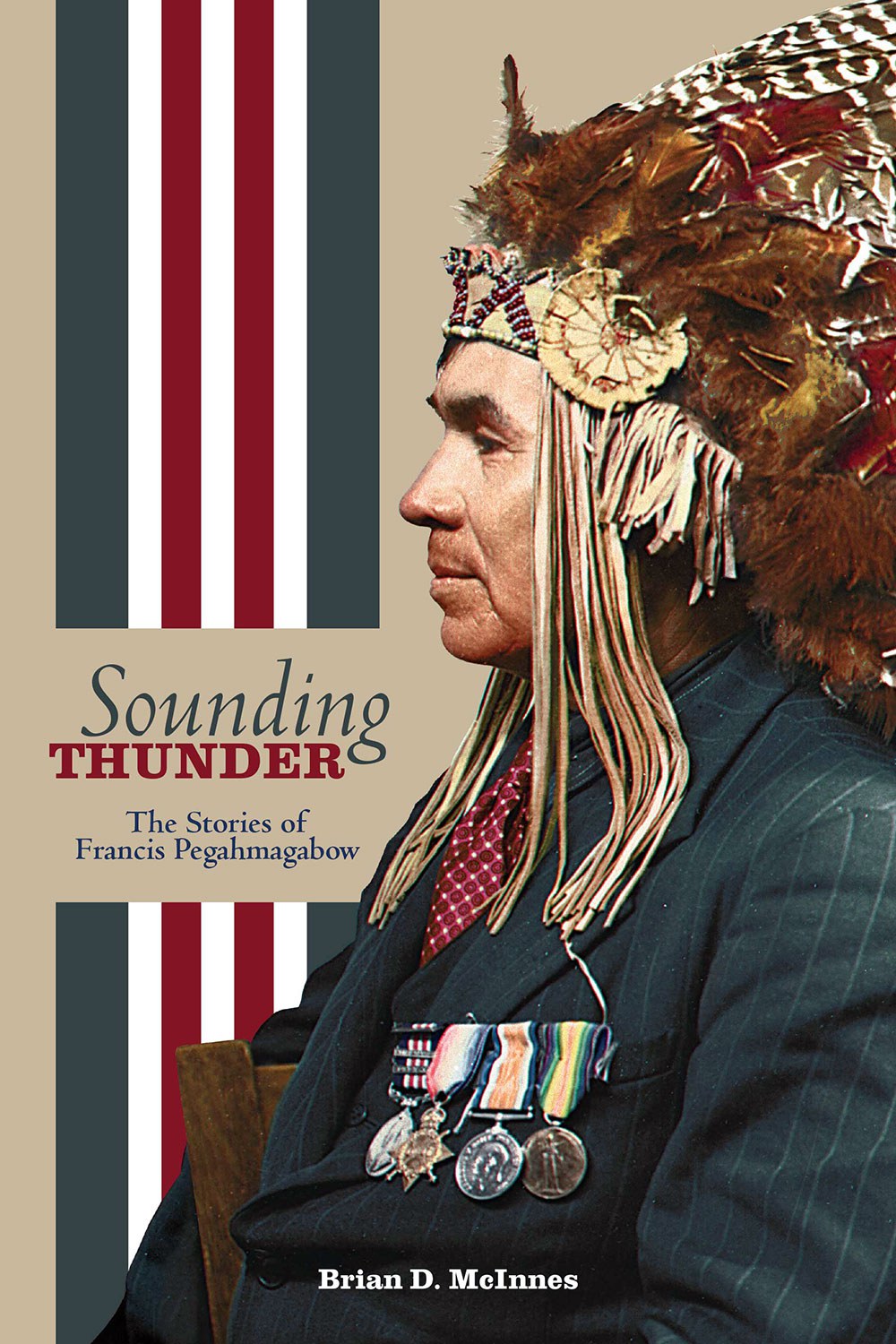
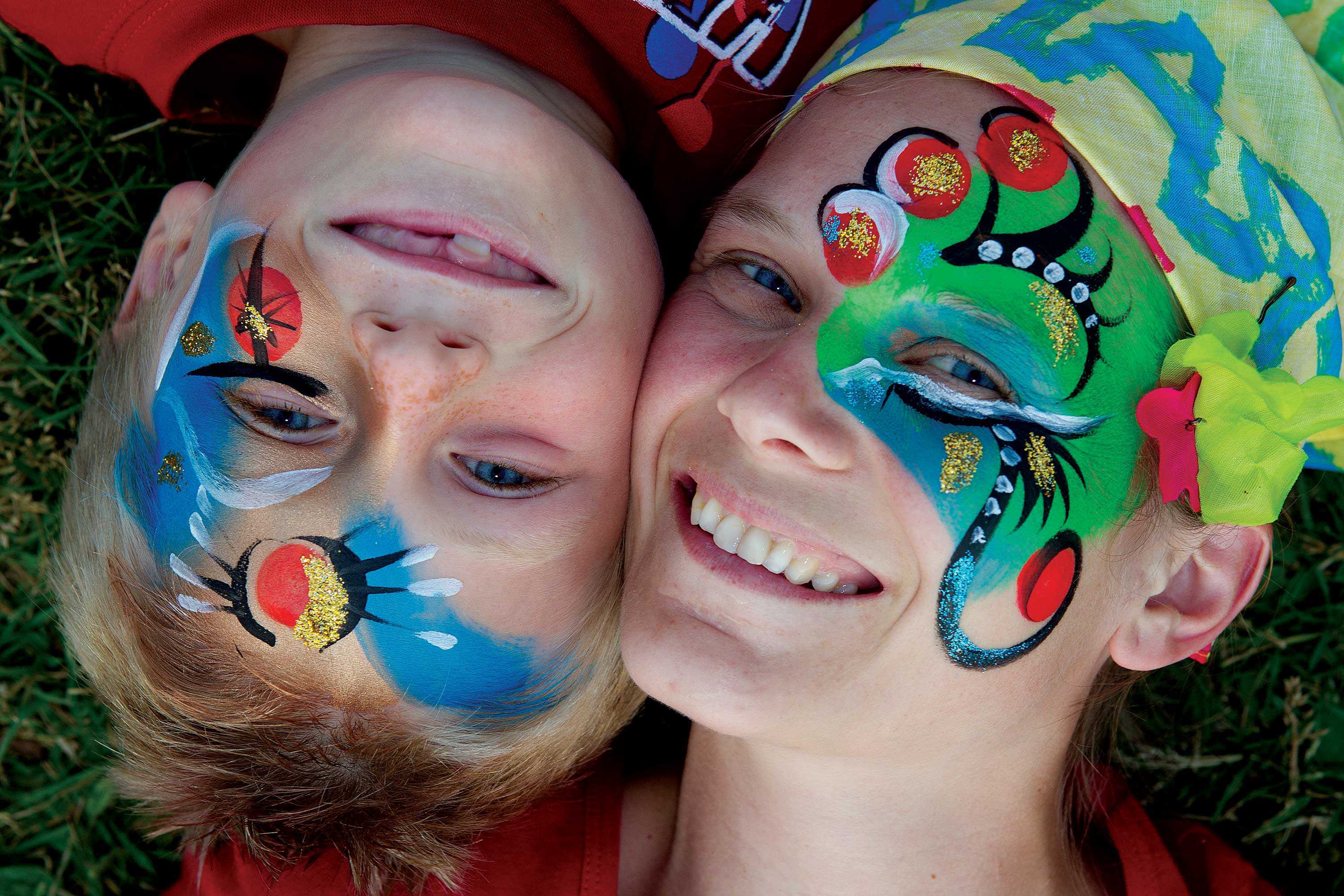

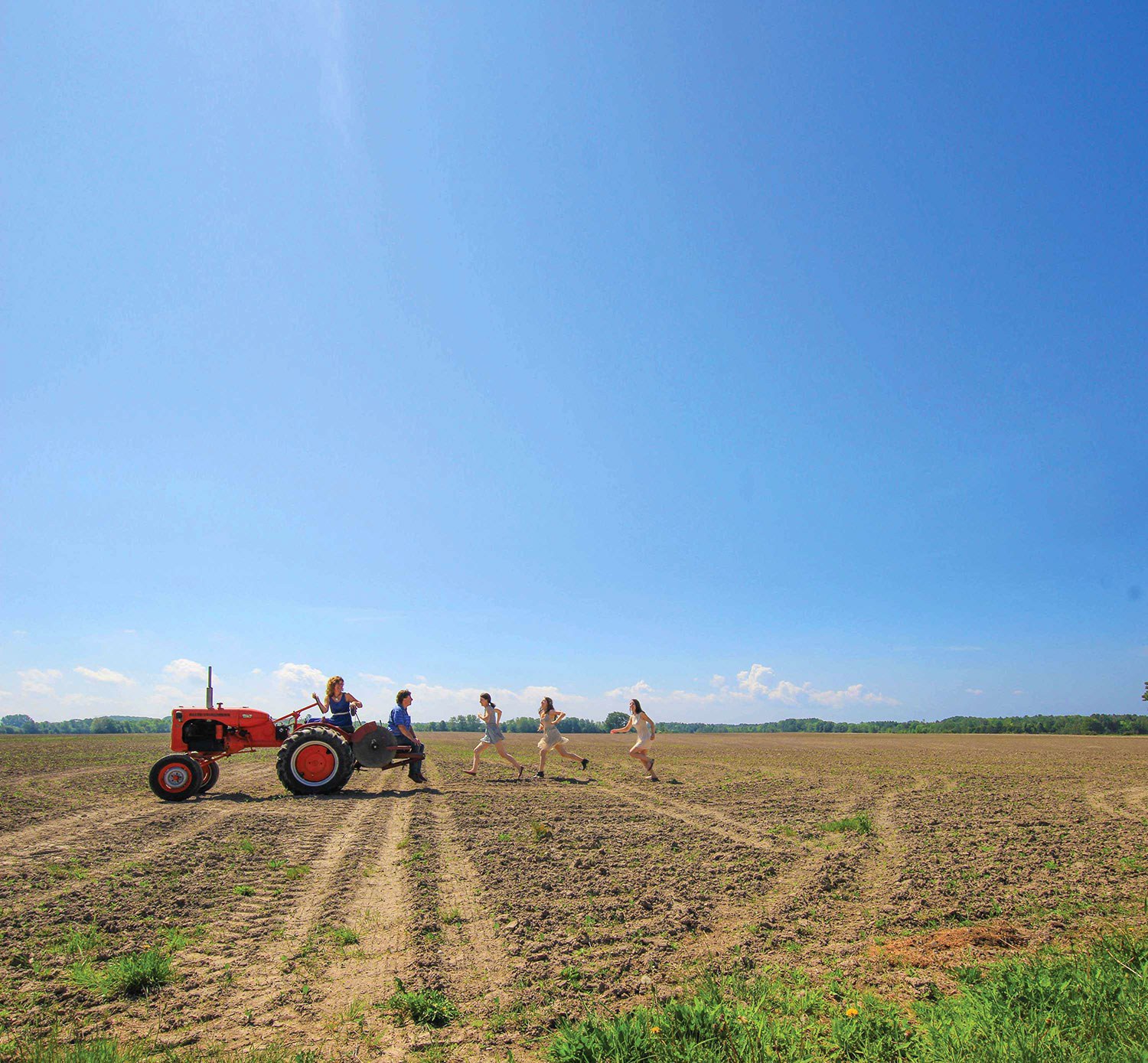
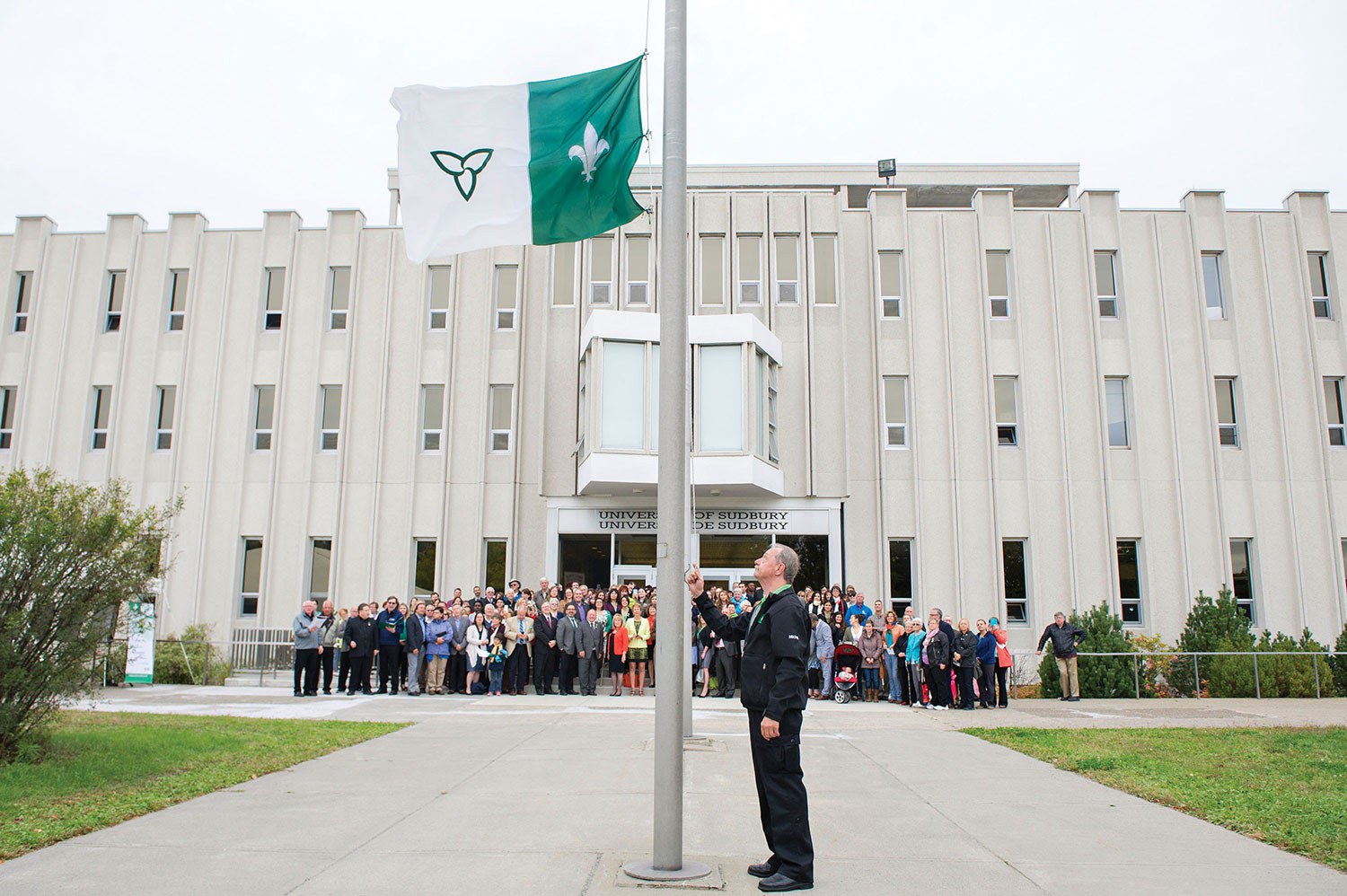
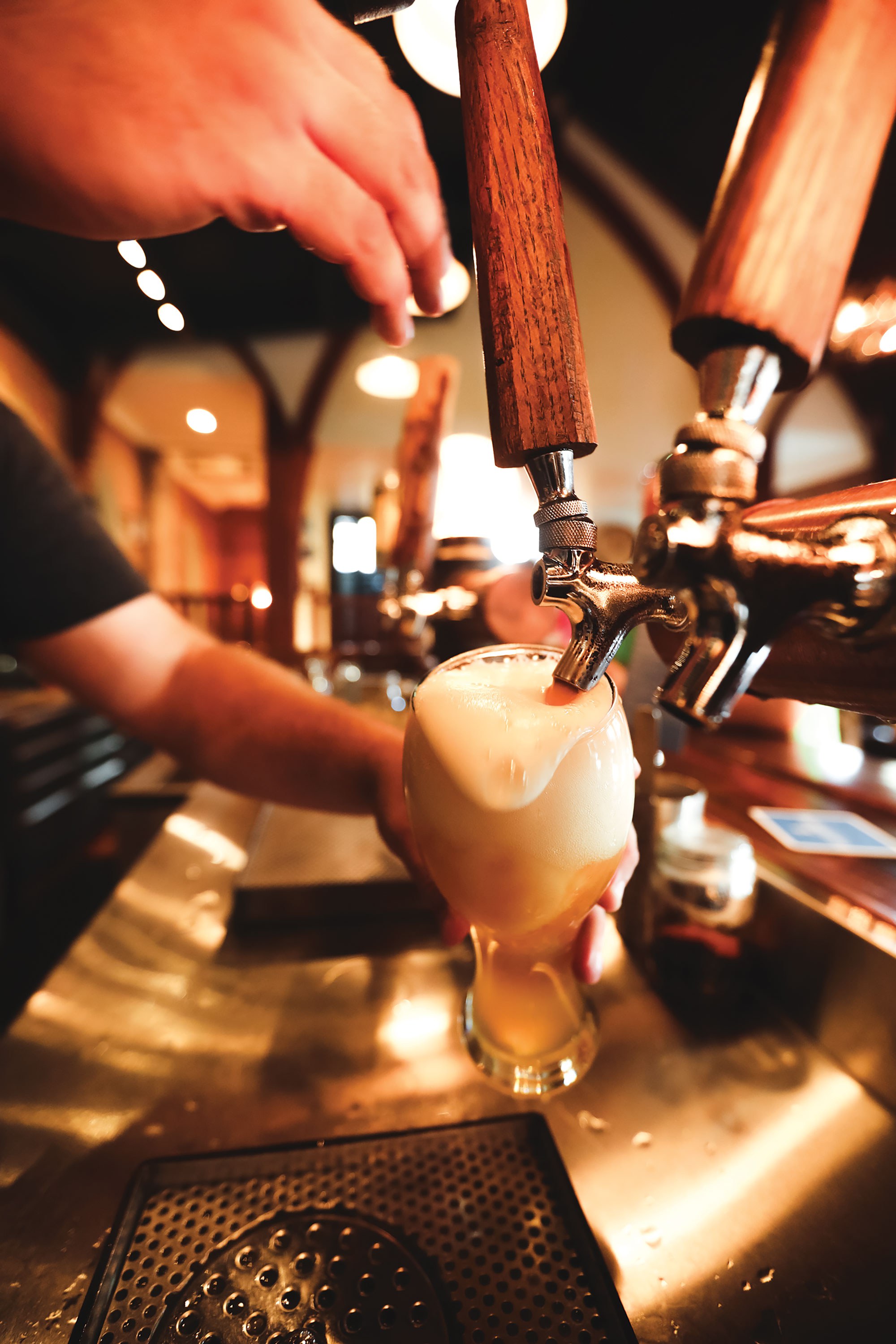
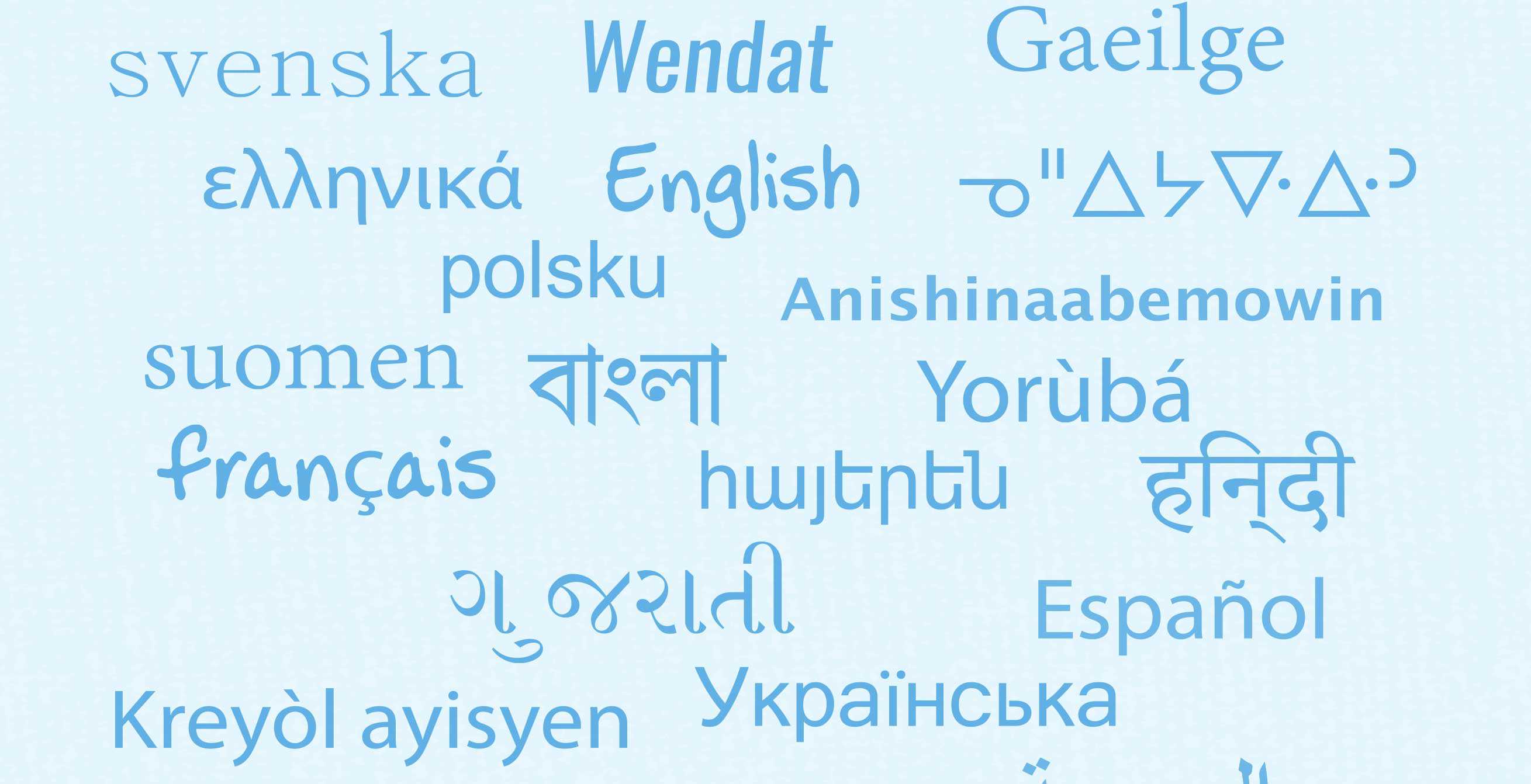
![Rose Lieberman, Rose [Hanford?] Green and Aaron and Sarah Ladovsky in front of United Bakers restaurant, Spadina Ave., Toronto, 1920. Ontario Jewish Archives, Blankenstein Family Heritage Centre, fonds 83, file 9, item 16.](https://www.heritage-matters.ca/uploads/Articles/SoupsOn_Archival_3505.jpg)
